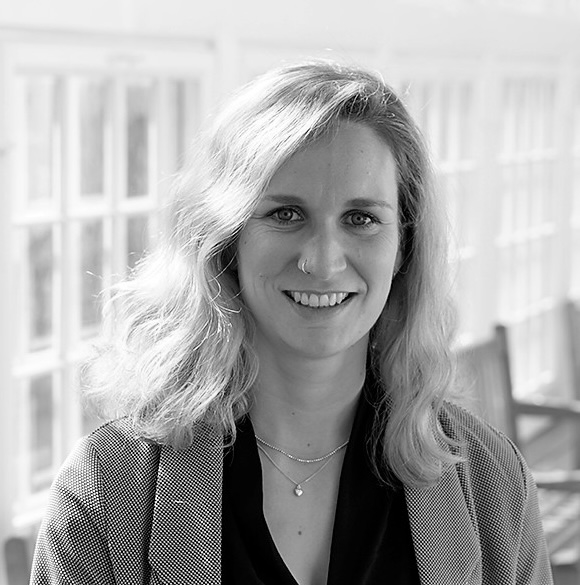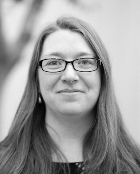People
SODAS Management Team
|
Social Data Science Skills: Online experiments and surveys, psychology of online behaviour, data ethics SODAS projects: COVID-19 Snapshot Monitoring in Denmark (COSMO Denmark) |
|
Social Data Science Skills: Digital ethnography, digital methods, text as data, data ethics, GDPR SODAS projects: Data Governance after GDPR, DISTRACT, Risk Attention Ecologies |
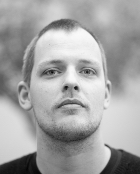
Hjalmar Alexander Bang Carlsen is an Associate Professor at SODAS and Head of SODAS PhD Program. He works in the intersection between social data science, political sociology and pragmatism. He has 2 main projects 1) activists patterns of engagement 2) methodological issues within quantitative and qualitative text analysis, and especially their combination. Social Data Science Skills: Text Methodology, Digital Mixed Methods, Interactionism, Social Media SODAS projects: Solidarity and Volunteering in the Corona Crisis, The Dynamics of Political Discourse and Attention during the COVID-19 outbreak, COVID-19 Snapshot MOnitoring in Denmark (COSMO Denmark) |
Professors
|
Morten Axel Pedersen is Professor of Anthropology. His research has covered a wide range topics in anthropology, political economy, social theory, and more methodologically, mixed digital methods and computational ethnography. Combining long-term ethnographic fieldwork in Asia and Europe with en enduring interest in theoretical as well as methodological innovation, he has contributed to several scientific fields, including anthropology and social data science. His anthropological research, funded via a Sapere Aude research leader grant from DFF and a FSE research project, has spearheaded international scholarship on the relationship between political forms and cultural imaginaries. As PI of the ERC Adv. grant on The Political Economy of Attention, and as co-founder and former director of the Copenhagen Centre for Social Data Science, he has helped develop computational anthropology specifically and the combination between social science and data science more generally. Currently, as chief scientist as the Centre for AI in Society (CAISA), he collaborates with the governmental Task for Artificial Intelligence and with CAISA colleagues from computer science, business intelligence and media studies, on issues relating to tech policy, digital sovereignty, and responsible AI. Social Data Science Skills: Quali-Quantitative Methods, Data Ethics, Social Data Theory, Computational Anthropology SODAS projects: Critical Algorithm Lab (CALL), DISTRACT, The Dynamics of Political Discourse and Attention during the COVID-19 outbreak, COVID-19 Snapshot MOnitoring in Denmark (COSMO Denmark) |
|
Roberta Sinatra is Professor in Data Science at SODAS. She also holds visiting positions at IT University of Copenhagen, where she is part of the the Networks, Data, and Society (NERDS) Research group, at the Complexity Science Hub (Austria), and at ISI Foundation (Italy). Her research is at the forefront of network science, data science, and computational social science. She has been awarded with a Sapere Aude grant and a Villum Young Investigator grant to study quantitatively bias in measures and algorithms of scientific impact. SODAS projects: Bias Explained: Pushing Algorithmic Fairness with Models and Experiments Social Data Science Skills: Network analysis, Complex systems, Data Analysis, Algorithmic Bias. |
|
Social Data Science Skills: Digital political science, practice and affordance methodologies, the relationship between off-line and online worlds, digital mis- and disinformation. SODAS projects: DIPLOFACE, Digital Disinformation, HOPE |
|
Social Data Science Skills: Machine Learning, Data Analysis, Network analysis, Complex systems SODAS projects: Microdynamics of Influence in Social Systems, Social Fabric, Nation-scale social networks, HOPE |
|
Social Data Science Skills: Digital methods, Quali-quantitative methodologies, Science & technology studies (STS), Data infrastructures and politics SODAS projects: SODAS Climate, Critical Algorithm Lab (CALL), DISTRACT, Risk Attention Ecologies |
|
Social Data Science Skills: Combining big data and register data, data law and ethics, machine learning in the social sciences, quasi-experiments in social big data SODAS projects: Mass Politics and Social Media, Social Fabric, Nation-scale social networks david.dreyer.lassen@sodas.ku.dk |
Associate Professors
|
Social Data Science Skills: Machine learning in econometrics, Network modelling, Spatial data SODAS projects: Social Fabric, Nation-scale social networks |
|
Social Data Science Skills: Text as data, Combining survey and register data, Twitter data, Machine learning in the social sciences SODAS projects: What do the Danes think, know and mean about the Corona Epidemic?, The Dynamics of Political Discourse and Attention during the COVID-19 outbreak |
|
Kelton Minor is an Associate Professor at SODAS. Kelton’s current research applies interdisciplinary methods from spatial data science and computational social science to analyse complex human responses to global environmental changes in the earth’s atmosphere, biosphere and cybersphere. He serves as a member of The Lancet Countdown on Health and Climate Change’s Working Group 1, and is developing social media-based indicators to monitor expressed emotional responses to local climate extremes across nearly every county globally. Kelton received a Ph.D. in Planetary Social and behavioural Data Science at SODAS and was a visiting researcher at the University of California Berkeley’s Global Policy Laboratory. He previously was a US-Denmark Fulbright grant recipient and received his M.S. in Human Environment Relations from Cornell University. |
Assistant Professors
|
Clara Vandeweerdt is an Assistant Professor at SODAS and the Department of Political Science. Her research areas are political communication and political psychology, with a focus on on climate change. In particular, she studies how social identities inform people's political opinions. She has also used machine learning to understand how political talk radio content reacts to major events, and natural language processing methods to analyze the identities of people on Twitter. Social Data Science Skills: causal identification, machine learning/natural language processing, Bayesian statistics, web scraping |
|
Jason Burton is an Assistant Professor at the Department of Psychology and SODAS. He researches how information and communication technologies affect the way people think and behave. His work uses online experiments, computational modelling, and digital trace data to both understand the implications of existing systems and to inform the design of alternative, prosocial technologies. |
|
Josefine Bohr Brask is an Assistant Professor at SODAS and affiliated with the Section for Ecology and Evolution at the Department of Biology. Her research connects social behaviour, network science, behavioural ecology and complex systems, with social networks as a central theme. She is interested both in fundamental questions about sociality and theoretical aspects of networks. Her research includes modelling, data-based studies, and methods development. Social Data Science Skills: network modelling, network analysis, complex systems, animal social systems, game theory SODAS projects: New computational approaches for understanding the emergence of social network structures Social media: @JBBrask |
|
Social Data Science Skills: Online experiments and surveys, data analysis, machine learning. SODAS projects: COVID-19 Snapshot Monitoring in Denmark (COSMO Denmark). |
|
Sandro Sousa is a Teaching Assistant Professor at SODAS. He is a Complexity and network Scientist who focuses on socioeconomic inequalities, population dynamics and sociospatial complexity. His work integrates large & spatial data analysis, network modelling, and controlled experiments to explore how collective behaviours and inequalities emerge and evolve across physical and digital systems. Social Data Science Skills: Complexity science, network modelling & analysis, large & spatial data, randomised trials, text as data, web scrapping. |
|
Stephanie Brandl is an Assistant Professor at SODAS. She has a background in Natural language processing and Machine learning. Her research focuses on explainability and fairness in NLP as well as applying NLP to research questions from the social science. She is interested in increasing the trustworthiness of language models, i.e., making them fair and transparent, and making models accessible to research outside of computer science. Social Data Science Skills: Machine learning, natural language processing, algorithmic bias/fairness |
|
Yani Kartalis is an Assistant Professor at SODAS. His research focuses on democratic representation, political communication, parliaments, and media pluralism, with a particular interest in how political institutions and media systems shape public discourse and impact democratic processes. He has published on parliamentary behavior, party politics, and media diversity in international peer-reviewed journals and is actively engaged in interdisciplinary collaborations that combine social science theory with computational methods. Social Data Science Skills: Natural Language Processing (NLP), Text-as-data, Web Scraping (browser automation and APIs), SoMe Data, Online experiments. |
|
Social Data Science Skills: Social network analysis, Text analysis, Mix methods, Russian social media |
Postdoctoral Researchers
|
|
|
Anastassia Vybornova (she/her) is a Postdoctoral Researcher. She is affiliated with SODAS at KU and with the NERDS group at ITU. Anastassia is also active as Chair of the Young Academy Panel of the Danish Data Science Academy. She holds a PhD in Urban Data Science, and has a background in Technical Physics, Transcultural Communication, and Environmental Science. Anastassia's current research is dedicated to algorithmic bias, the intersection of social and spatial networks, and the development of tools for geospatial data science.
|
|
Anna Helene Kvist Møller is a postdoctoral researcher at SODAS with a background in sociology. Her research applies computational visual methods, including computer vision, in combination with qualitative analysis to study how images reflect, reproduce, and challenge social and political dynamics at scale. In her current project, she examines how algorithmic curation of visual content shapes access to public conversation and participation on digital platforms across cultural and geopolitical contexts (funded by the Carlsberg Foundation). SODAS projects: A taste of machine: exploring algorithmic curations of (in)visibility on digital platforms |
|
Claudia Acciai is a Postdoctoral Researcher at ITU, where she is affiliated with NERDS. Her work lies at the intersection of comparative public policy, innovation studies, and sociology of science. In her research, she combines computational and experimental methods with qualitative content analysis techniques. She has been working on quantifying institutional and country-related Matthew effects in science and on scientific misinformation. She is currently part of a Villum Synergy research project investigating trends in the usage and prevalence of LLMs across scientific disciplines. Social Data Science Skills: surveys and field experiments, large-scale data analysis, causal inference. |
|
Diogo Pires is a Postdoctoral Researcher at SODAS. His research is focused on understanding the emergence of social behaviour using a range of computational and mathematical modelling tools from network science, complex systems, evolutionary game theory, stochastic processes, and agent-based models. His previous work has had a particular emphasis on the evolution of cooperation and its interplay with population structure and mobility in complex social systems. At SODAS, Diogo is developing new methodologies to better understand the emergence of social interaction networks, with a special focus on applying these approaches to animal social behaviour. |
|
Jeppe Søndergaard Johansen is a Postdoctoral Researcher at SODAS. He holds an MSc in Economics from UCPH and a PhD in Social Data Science from the University of Copenhagen. His current research involves heterogeneous treatment effects of education as well as peer effects in both education and other social settings. He aims for his research to address how to more effectively allocate resources in the education space, as well as how peer effects can have a cascading impact. Social Data Science Skills: Machine learning, statistical modelling, causal inference, peer effects. |
|
Luca Gallo is a Postdoctoral Researcher at SODAS. He is a physicist interested in exploring how networks shape social phenomena including the inequality, innovation, and the diffusion of knowledge. He holds a PhD in complex systems from the Doctoral School of Complex Systems for Physical, Socio-economic and Life Sciences, University of Catania, Italy since 2022. In his thesis he analyzed how group interactions affect the collective behavior of coupled dynamical systems. After his PhD, he was a postdoctoral researcher at the Central European University in Vienna, and the ANETI Lab in Budapest. At SODAS, he will work on quantifying the usage and diffusion of AI in science. He has published in leading interdisciplinary journals including Nature Communications and Science Advances. |
|
Snorre Ralund is a Postdoctoral Researcher at SODAS. His primary research interests lie in the field of Applied Natural Language Processing, with a particular focus on bridging the gap between model development and practical, real-world measurement. This work encompasses investigating model biases, designing robust validation techniques, and developing innovative sampling methods to ensure the reliability and fairness of NLP systems. More broadly, his work focuses on leveraging computational tools to support the creation of grounded, meaningful, and reliable categorisation. His research is centred around online sources (social media and website crawls), but on the fringes I experiment with among other things image and sound data. |
|
Vinit Ravishankar is a Postdoctoral Researcher at SODAS. His research interests lie in analysing the transformations in society spurred on by the development and deployment of artificial intelligence. He has worked on critical examinations of the linguistic inductive biases of language models, and on the political economy of generative artificial intelligence. Vinit is currently part of an ERC grant examining how the use of LLMs reshapes scientific knowledge production. |
PhD Students
Aaron Pope is a PhD student at SODAS. His dissertation studies whether TikTok's unique features - as a video-based and algorithmically reliant platform - contribute to political polarisation amongst its users. Previously he was a researcher at New York University's Center for Social Media and Politics (CSMaP), where he is still a Graduate Research Affiliate. While at CSMaP, he managed the center's Bilingual Election Monitor, a project that paired survey and digital trace data to study online media consumption and belief in misinformation among U.S.-based Latinos. He holds a Master of Public Administration from NYU and a Bachelor of the Arts in literary studies from The New School. Social Data Science Skills: Casual inference, natural language processing, computer vision, pairing survey and digital trace data, online experiments and surveys, and web scraping. |
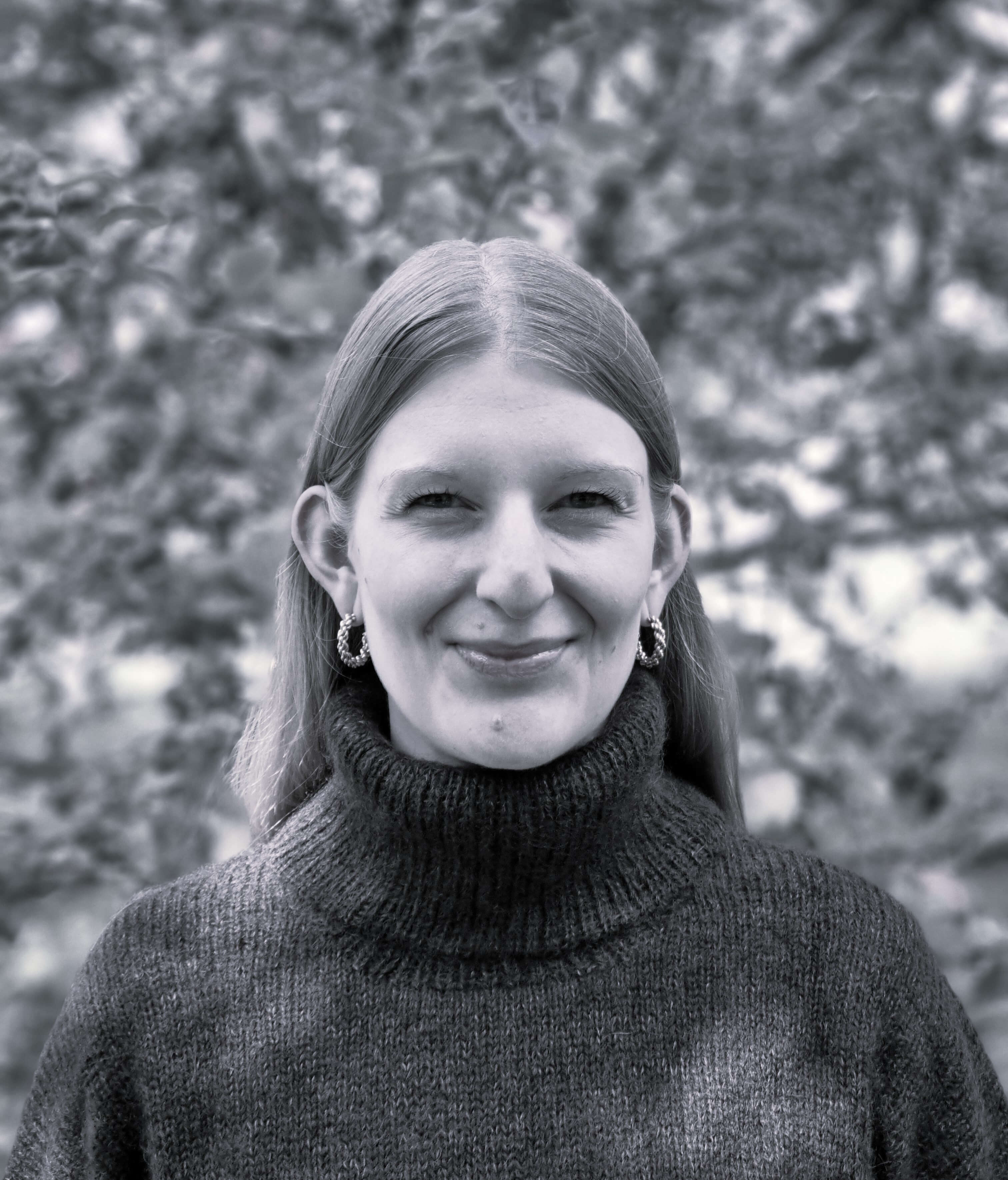
Cecilie Fenja Strandsbjerg is a PhD student at SODAS. She holds a master’s degree in psychology from UCPH. Her research interests lie in personality, environmental psychology, and person-situation interplay. Her PhD project focuses on curiosity in adults, aiming to develop novel measurement tools, investigate the role of curiosity in various life outcomes, and foster curiosity through interventions. The PhD project is funded by the Tryg Foundation. Social Data Science Skills: Online experiments and surveys, data analysis, combining survey and register data. |
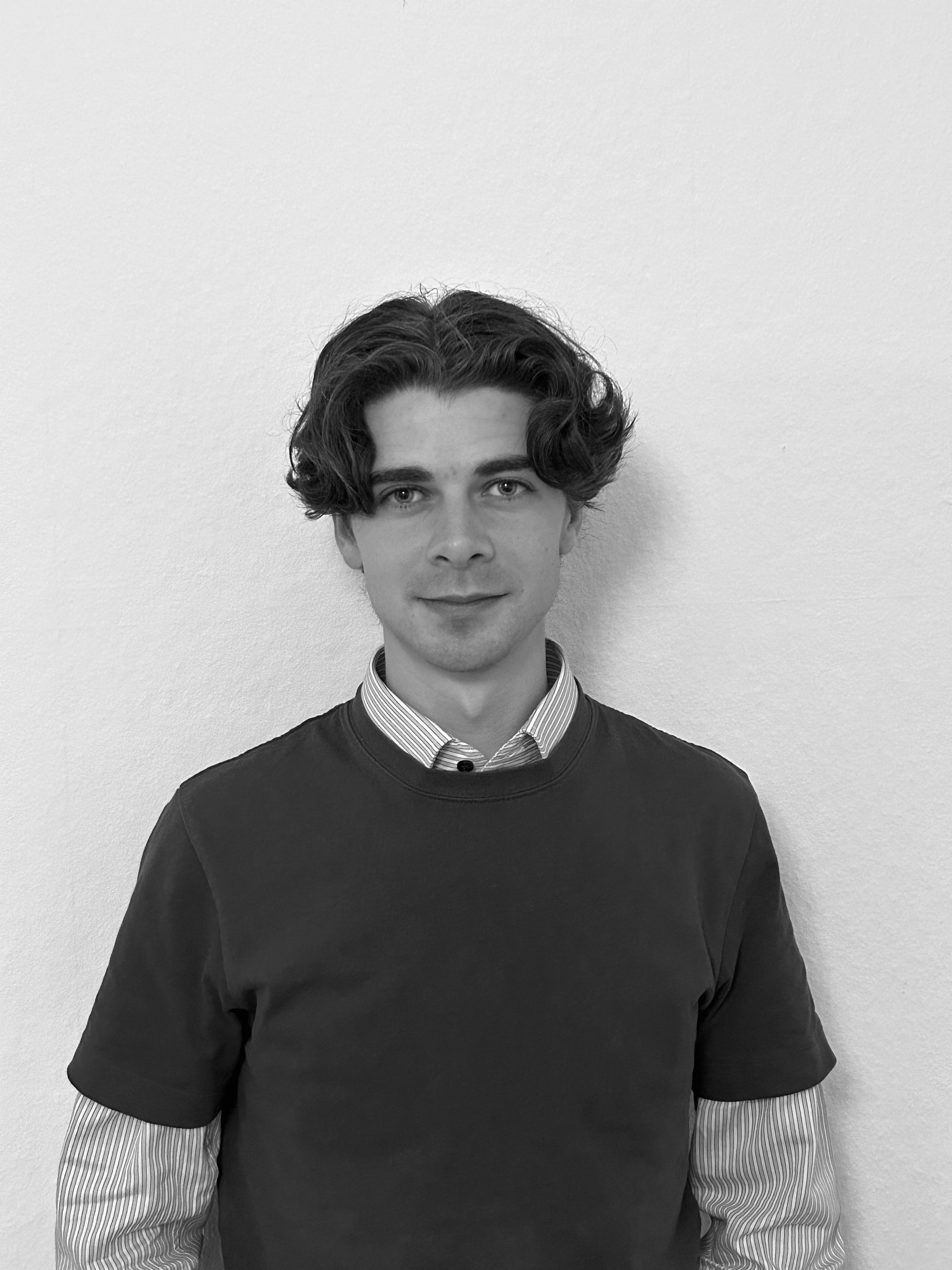
Christian Vestergaard Djurhuus is a PhD student at SODAS, funded by the Pioneer Center for Artificial Intelligence (P1). His research focuses on modelling human life trajectories using registry data and graph representation learning techniques emphasising how social networks influence life outcomes. He holds a BSc in Artificial Intelligence and Data and a MSc in Human-Centered Artificial Intelligence from DTU. Social Data Science Skills: Machine learning, deep learning, graph representation learning, natural language processing, network analysis, time-series analysis. SODAS projects: Nation-scale social networks |
|
Social Data Science Skills: Machine learning, statistics, causal inference and visualisation. |
Elisabetta Salvai is a PhD student at SODAS affiliated with the NEtwoRks, Data and Society group of the IT University, founded by the Pioneer Center for Artificial Intelligence P1. She holds an MSc in Physics of Complex Systems from the University of Turin, Italy. Her work centers around applying complex systems methods to uncover and explore bias existing in data and machine learning algorithms. She is currently working on the study of fairness in rankings of networks with binary attributes. Social Data Science Skills: Data analysis, network science methods and analysis, machine learning techniques, computational modelling of dynamical processes. |
|
Ella Jacobsen is a PhD student at the math department of the University of Copenhagen in collaboration with SODAS. She holds a M.Sc. in Physics from the University of Copenhagen. At SODAS, she is affiliated with the nation-scale project, with the goal of applying causal inference techniques on Danish registry data. Social Data Science Skills: machine learning, scraping, causal inference techniques. |
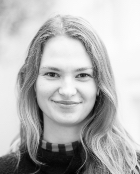
Emilie Munch-Gregersen, M.Sc. in Social Data Science from the University of Copenhagen, is a PhD student at SODAS with a background in anthropology and social data science. Her PhD is part of SURGE - Anticipatory Narratives of Sea Level Rise in the North Sea Region which investigates how coastal residents anticipate sea level rise and storm surges in Denmark, Germany, England, and the Netherlands. Social Data Science Skills: Ethnographic methods, digital methods, data analysis, natural language processing, network science methods. |
Giovanni Leonardi is a PhD student at SODAS. He holds a Bachelor's degree in Biological sciences from the University of Milano-Bicocca and a Master's degree in Biology with specialisation in Ecology from the University of Copenhagen. During his studies, he focused on understanding animal behaviour and sociality. His PhD research investigates how social networks emerge and the role of social preferences using new computational approaches. The research focuses on a long-term dataset from a free-ranging population of Rhesus macaques
|
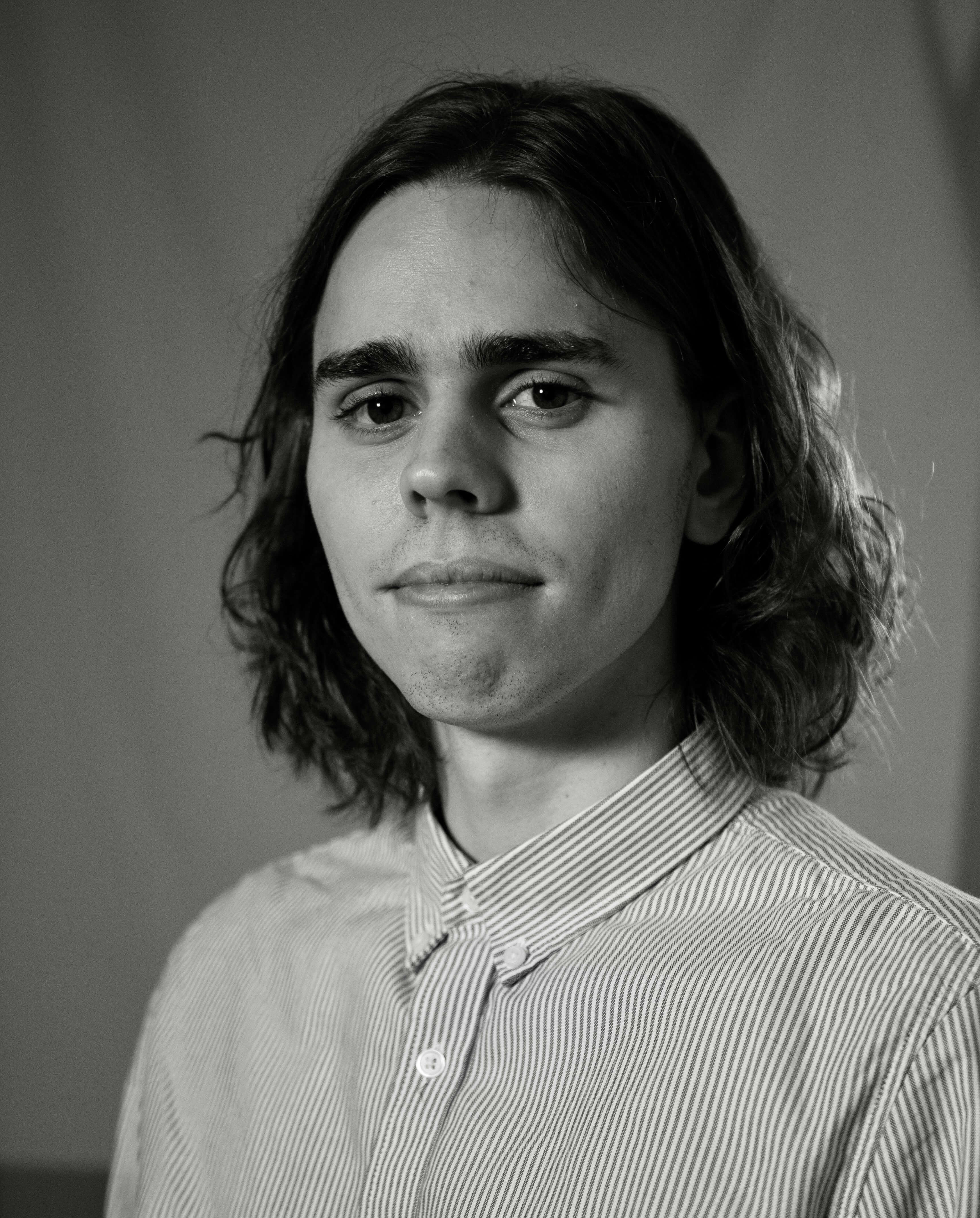
Jacob Aarup Dalsgaard is a PhD student at SODAS. He holds a BSc in Cognitive Science and Mathematics from Aarhus University and an MSc in Data Science from the IT University of Copenhagen. His research focuses on algorithmic fairness in a Science of Science context and aims to develop new models to understand inequality and improve the fairness of algorithms through de-biased impact measures. SODAS projects: BiasExplained: Pushing Algorithmic Fairness with Models and Experiments Social Data Science Skills: Algorithmic Fairness, Recommender Systems, Network Science, Information Retrieval, Deep Learning. |

Jonas Skjold Raaschou-Pedersen is a PhD student at SODAS.
He is interested in econometrics/statistics/data science, AI & Society and Vim, and is part of the Coded Clues and Nation-scale projects.
|

Katerina Sofia Paiva Drakos is an MSCA Doctoral Network PhD student at SODAS. She holds an Integrated Master's Degree in Medicine from the Faculty of Medicine of the University of Lisbon and a Master's Degree in Global Mental Health from Trinity College Dublin. She has been working as a research assistant on public health and mental health research at University College Cork and Trinity College Dublin. She has also completed a traineeship with a Member of the European Parliament, where she worked on the Mental Health Report and on other relevant health policies. Her research focuses on digital mental health tools using value aligned artificial intelligence, for mental health systems. The PhD is part of the EU alignAI (Aligning LLM Technologies with Societal Value) doctoral network. |
|
Social Data Science Skills: Natural language processing, large scale data analysis, cognitive science, ethnography, and computational social science SODAS projects: DISTRACT |
|
Marilena Hohmann is a PhD Student in Social Data Science at SODAS and the University of Edinburgh. Drawing on a combination of network science methods and political science theory, she studies opinion dynamics and political polarisation in social networks. Her PhD project quantitatively investigates ideological and affective aspects of political polarisation using large-scale social media data. Marilena holds an MSc in Social Data Science (University of Copenhagen), and a BA in Media and Communication Studies (Freie Universität Berlin and Universidad Carlos III de Madrid). Social Data Science Skills: quantitative network analysis, large-scale data analysis, social media data, computational communication studies |
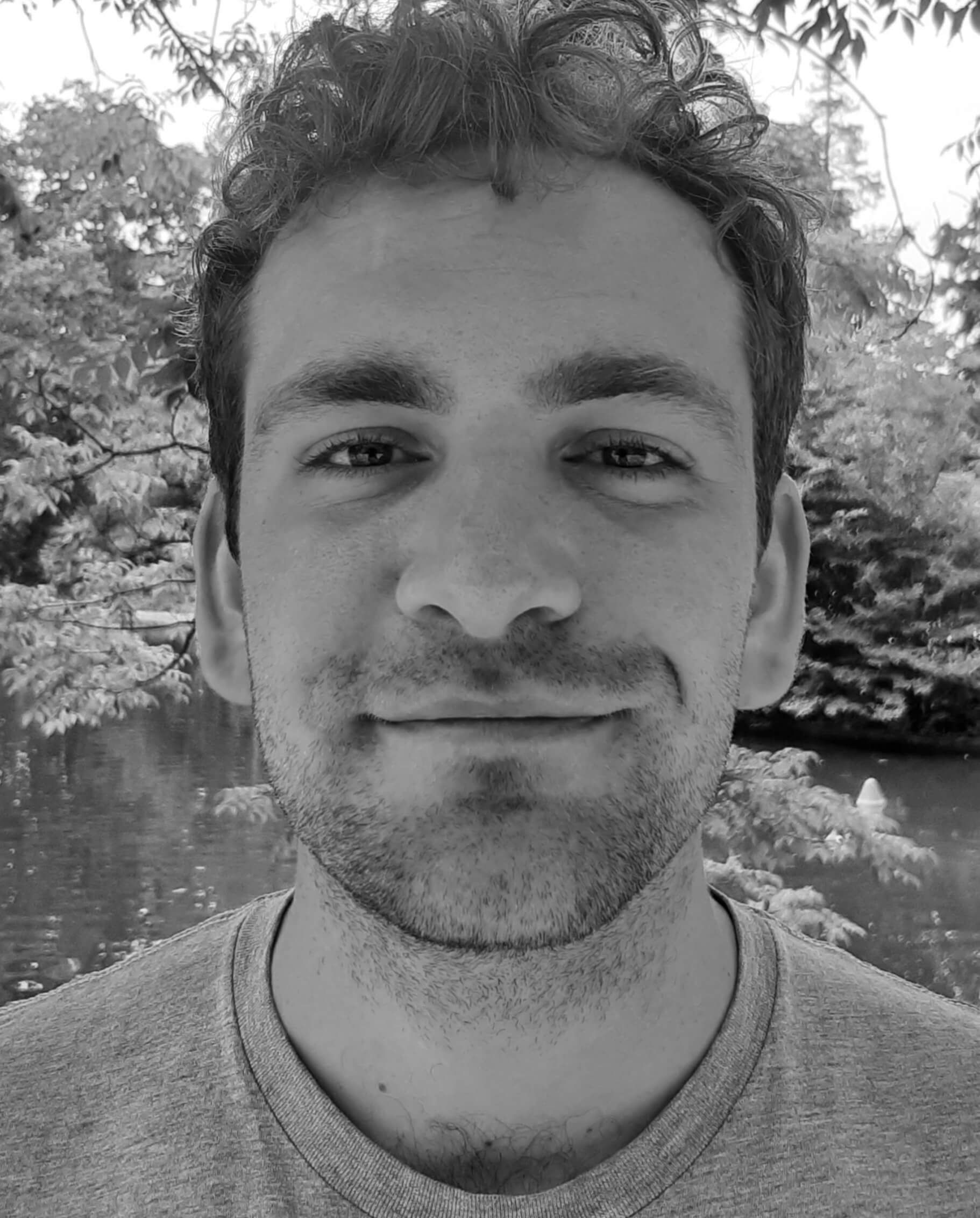
Marten Appel is a PhD student in Social Data Science at SODAS, specialising in understanding what factors drive and predict human cooperation. He holds an M.Sc. in Political Science from Aarhus University. His current research focuses on predicting human cooperation within economic games and assessing whether our measures of cooperation reflect real-world behaviour. His PhD project contributes to the broader project 'Understanding Human behaviour: From Prediction to Theory'.
Social Data Science Skills: Machine learning, Laboratory and Online Experiments, Web scraping. |

Raffaello Mastromarino is a PhD student at the Copenhagen Center for Social Data Science (SODAS), University of Copenhagen, in Professor Roberta Sinatra’s group. His research, as part of the ERC-funded project scAIence, explores how generative AI is reshaping scientific writing and dissemination. He holds an MSc in Theoretical Physics with a specialization in Statistical Mechanics and Complex Systems from Sapienza University of Rome. His current interests include understanding the interplay between large language models, scientific knowledge creation, and the dynamics of collaborative research communities, with a focus on modeling and analyzing complex social and information networks. Previously, he conducted research at Sony Computer Science Laboratories, studying Reddit communities on new religious movements using information-theoretic measures, multilayer networks, and agent-based simulations, and collaborated with the University of Konstanz and CNR on opinion dynamics in large language model societies. He also developed deep learning models for weather forecasting at Adaptive Meteo Srl. Social Data Science Skills: Network science, mathematical and computational modeling of complex systems, machine learning and NLP, deep learning, and large-scale data processing. |
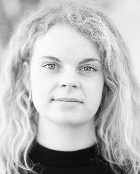
Sofie Læbo Astrupgaard is a PhD student at SODAS. She researches remote work and how it has been reshaped in the wake of the COVID-19 pandemic. In particular, she has explored what happens when organisations abolish assigned desks and replace them with flexible seating. She has also mapped opportunities and discourses around remote work across sectors by analysing two million Danish job advertisements. Sofie has a BSc in Anthropology and an MSc in Social Data Science. Her PhD is part of the ERC-funded project DISTRACT: The Political Economy of Attention in Digitized Denmark, where she is affiliated with Subproject 4, “Regulating Distraction.” Social Data Science Skills: Natural language processing, network analysis, ethnography, discourse analysis, and computational ethnography. |
Tereza Blažková is a PhD student in Social Data Science at the University of Copenhagen. She holds a Bachelor’s degree in Sociology with Economics and a Master’s degree in Social Data Science. Her research focuses on algorithm audits and their application to predictive analytics in education. Her academic interests revolve around responsible AI, algorithmic fairness, algorithm auditing, data governance, and education data science. Social Data Science Skills: Algorithmic fairness, computational social science, data analysis, discourse analysis, machine learning, and natural language processing. |
|
|
|
Zoe Horlacher is a PhD student at SODAS. She holds an MSc in Cognitive and Decision Sciences from University College London and an MA (Honours) in Sustainable Development from the University of St Andrews. Her main research interests lie at the intersection of environmental psychological theory and social data science. Zoe is specifically interested in using natural language processing to create data-driven insights into cross-cultural sustainability perceptions, as well as pro-environmental personality traits and emotions. Social Data Science Skills: Data science for environmental psychology, natural language processing, cognitive science, quali-quantitative methodology. |
Research Assistants
|
Arianna Pera is currently a Research Assistant at SODAS and will soon start as a Postdoctoral Researcher there. Her research focuses on understanding the mechanisms behind collective action using computational approaches from Natural Language Processing and Data Science. Her previous work has examined the role of language in the emergence of collective behavior, with a particular emphasis on online media. At SODAS, Arianna studies bias in the representation of climate advocates in news media, as well as broader dynamics of climate action. Social Data Science skills: Natural Language Processing, computational social science, large-scale data analysis, social media data analysis. |
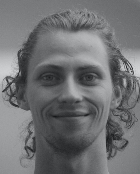
Asger Hans Thomsen holds an MSc in Sociology from the University of Copenhagen. He specialises in digital and quantitative methodologies, such as network science and natural language processing. His expertise spans various data forms and projects, including analysing the impact of digital density on crime rates, studying peer effects on well-being, scraping data from various platforms, and analysing and gathering biometric data. Currently, he works as a research assistant on ClimAct, mapping the climate debate in Denmark through various data science techniques and data sources. Social Data Science Skills: Data gathering, network science, digital methods. |
|
Fie Lejre Frederiksen, MSc in Sociology from the University of Copenhagen, is a Research Assistant at SODAS with a background in sociology. Her work centers on the development and implementation of workplace assessment through innovative social science toolkits. Her research interests include culture, lifestyle, and everyday life, with a particular emphasis on workplace environments and the ways qualitative and digital methods can be combined to enrich their study. Social Data Science Skills: Qualitative research, digital methods, mixed methods, survey development, data analysis. flf@sodas.ku.dk |
|
Jonas Strøyberg Jensen, MSc in Social Data Science, is a Research Assistant at SODAS. He is interested in education, socioeconomic inequalities, and historical perspectives in the social sciences. Social Data Science Skills: causal inference, econometrics, machine learning, computational social science, social networks
|
|
Tobias Gårdhus, MSc in Sociology from KU, is a Research Assistant at SODAS with a background in sociology and a focus on applying digital methods within computational social science. His work centers on examining political communication and the dynamics of public attention, often through the lens of social data gathered from various online platforms. His interests extend to enhancing social science research through software development, and he is currently working on expanding the social science toolkit with large language models. Social Data Science Skills: Data analysis, digital methods, web scraping, web development. |
|
Yanzhen Luo, M.Sc. in Social Data Science from the University of Copenhagen, is a Research Assistant at SODAS with a background in economics and social data science. Her work focuses on applying computational methods to behavioral data, with a particular interest in understanding decision-making. She is currently working on the “Securing a Just and Sustainable Transition to Plant-Based Canteens” project, where she conducts surveys, develops data pipelines, and analyzes data to explore sustainability, behavior, and social dynamics around food consumption. Social Data Science Skills: Statistical modeling, behavioral data analysis, machine learning, visualization |
Administration
|
Nasim Hezaveh is the Center Administrator at SODAS. |
|
Marie Nicole Sorivelle is a Project Coordinator at SODAS. Marie has spent the last decade making other people’s big, brilliant, slightly chaotic projects happen. She has worked across universities, hospitals, and consultancy agencies, organizing and participating in international events, coordinating multi-country research teams, managing EU grants, and generally making things work behind the scenes so researchers can focus on science (or at least breathe easier). Marie is the person reading the fine print, chasing the missing deliverables, co-writing project reports, all while remembering to book the catering. Multidisciplinary? Check. Cross-cultural? Definitely. Slightly overprepared? Proudly. Originally from the Caribbean and now based in Copenhagen, she is a chronic list-maker and a snack loyalist. Marie is particularly weak for American junk food and consider British pear drops her kryptonite. When not wrangling projects or snack stashes, she writes short reflections on Caribbean life dedicated to her daughter. |
Student Assistants
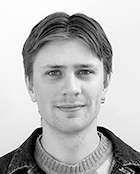
Asger Balsby Kromand, Master Student in Social Data Science, KU. |
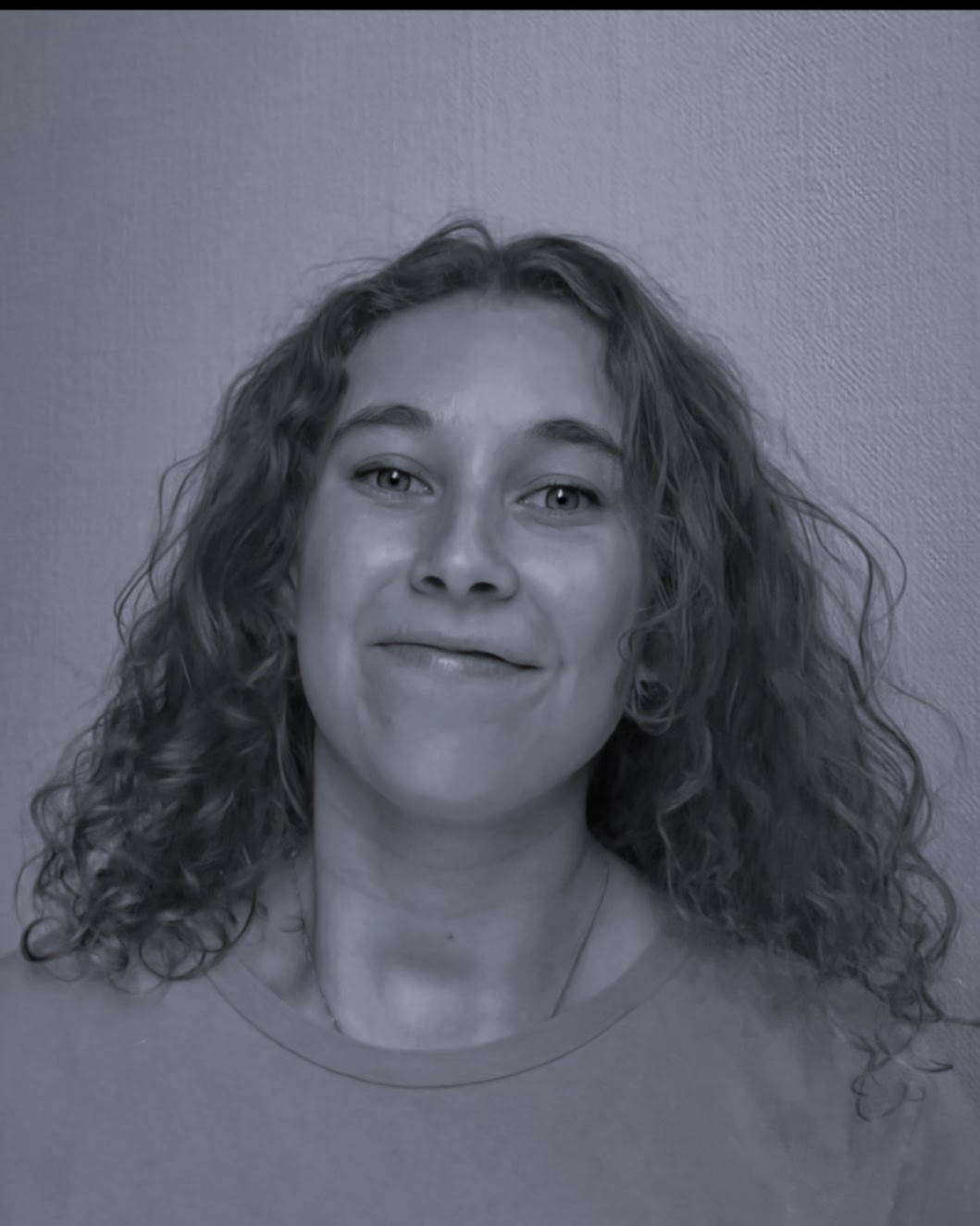
Martha Nybroe, Master Student in Mathematics and Technology, DTU. Student Assistant at Nation-scale social networks. |
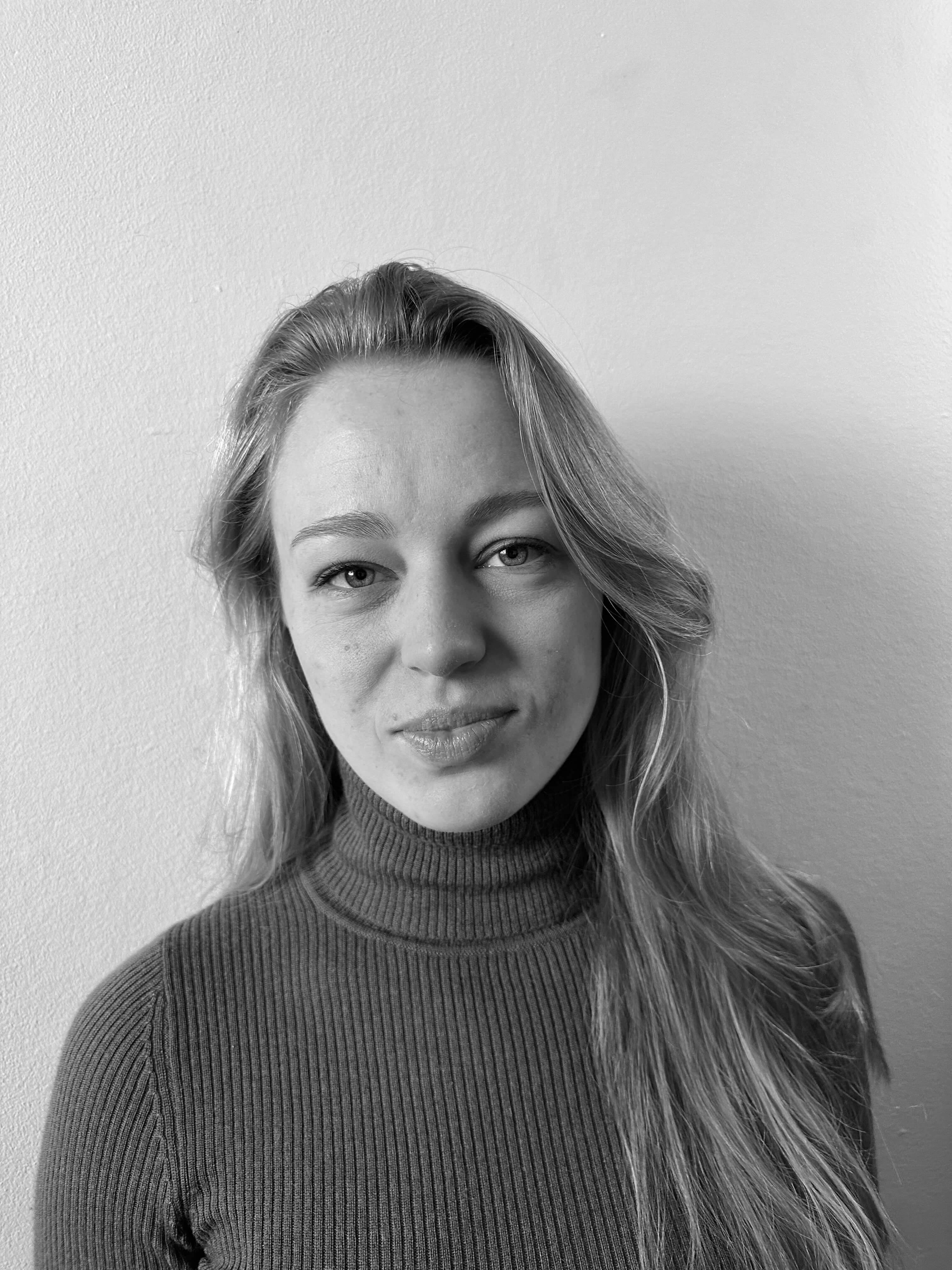
Naja Margrethe Muldtofte Yssing, Master Student in Anthropology, KU. |
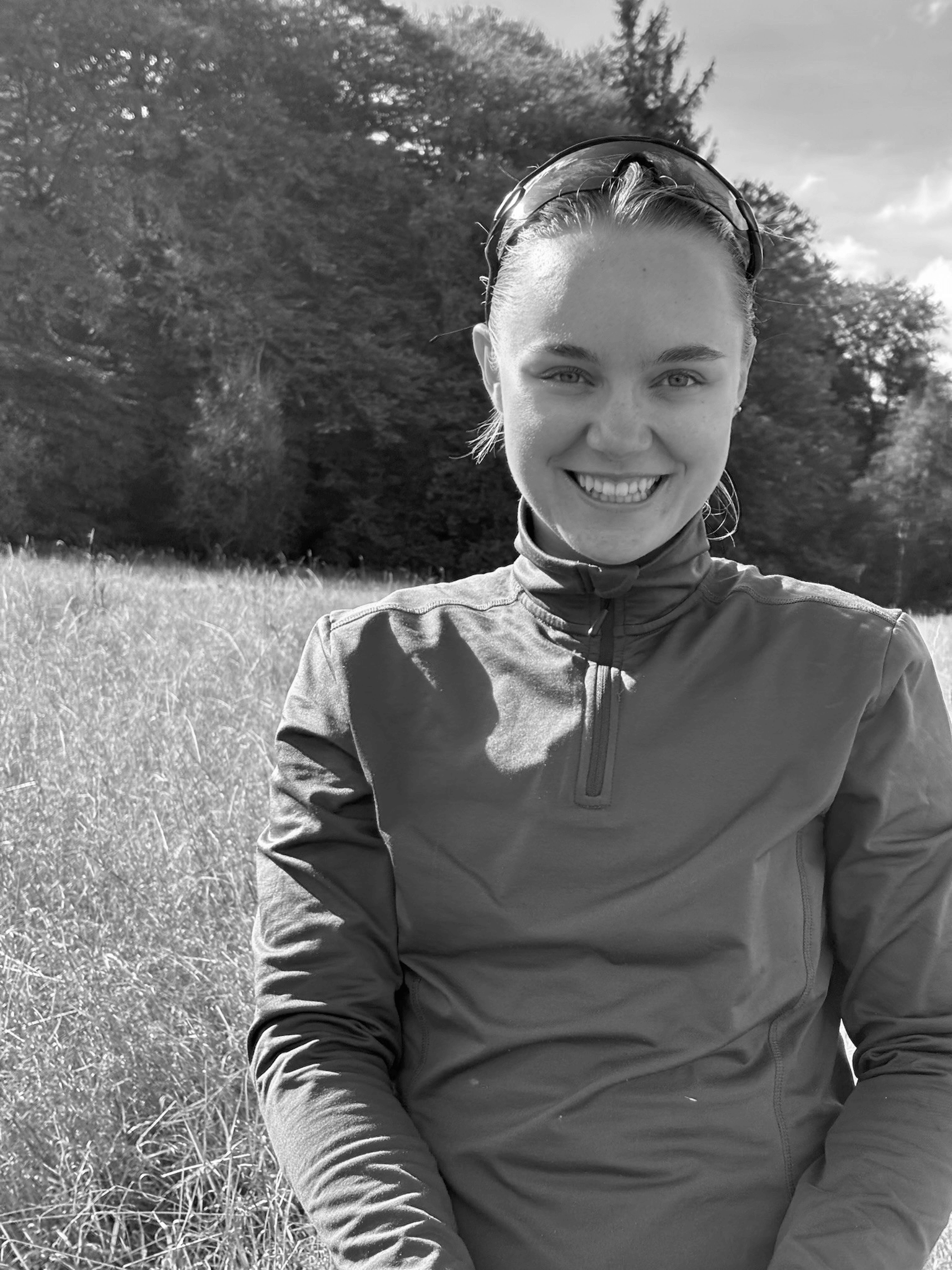
Nikoline Victoria Traun, Master Student in Geography and Geoinformatics, KU. Student Assistant at SURGE, which investigates how coastal residents anticipate sea level rise and storm surges in Denmark, Germany, England, and the Netherlands.
|
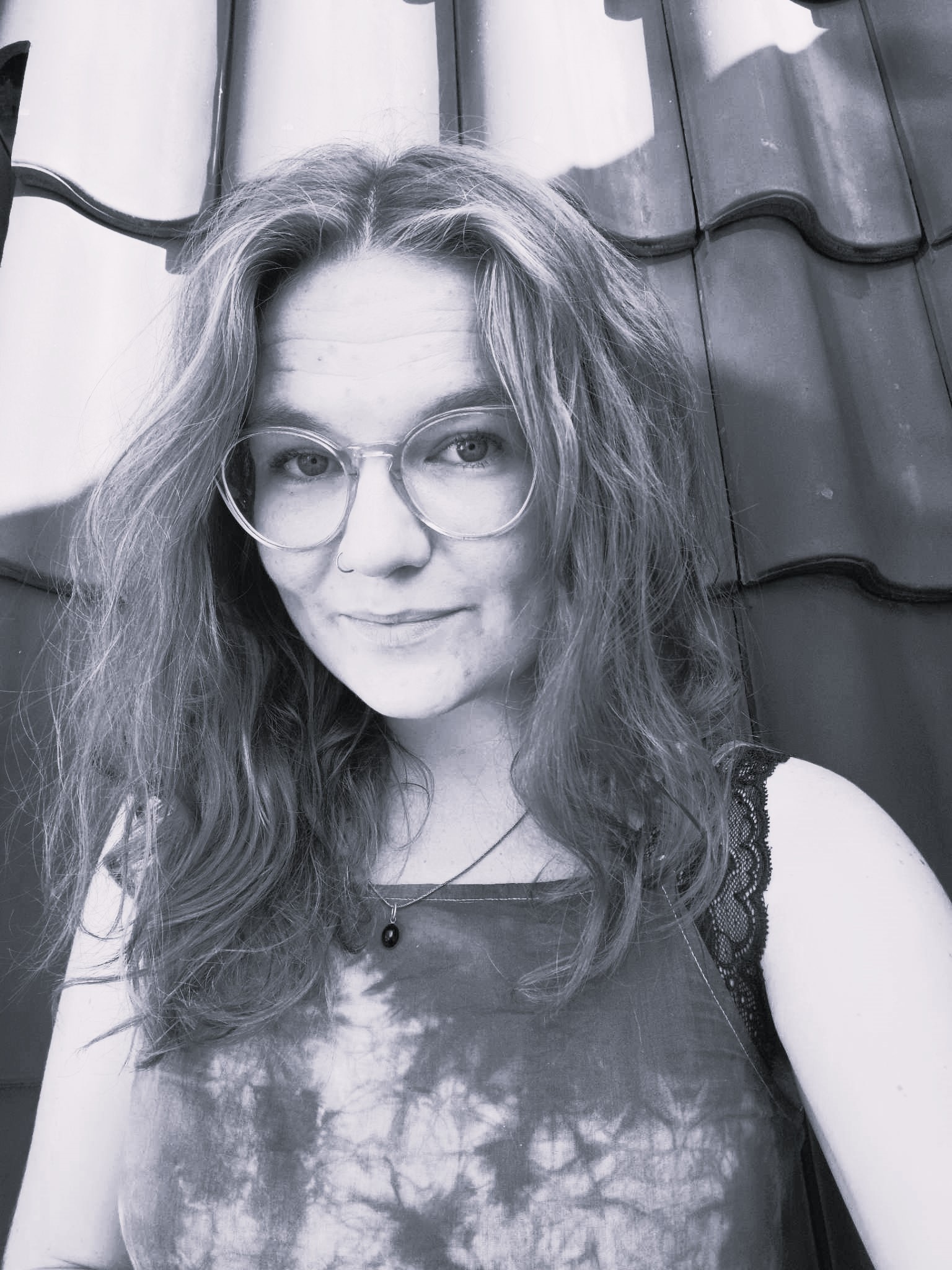
Olivia Sommer Droob, Master Student in Mathematics and Technology, DTU. Student Assistant at DISTRACT |
Ró Holm Magnadóttir, Master Student in Anthropology, KU. |
|
Sofia Tang Nussbaumer, Master Student in Psychology, KU. |
Interns
No current interns.
SODAS Fellows
|
Akhil Arora is an Assistant Professor of Computer Science at Aarhus University, where he heads the CLAN for AI Research on Language and Networks (or “CLAN” for short). He is a fellow of the Copenhagen Center for Social Data Science (SODAS), an affiliate of the Pioneer Centre for AI (P1), and a formal collaborator of the Wikimedia Foundation, the non-profit organisation that manages Wikipedia and related projects. Akhil’s research aims to model and enhance human knowledge-seeking by devising methods and tools blending techniques from natural language processing, artificial intelligence, graph machine learning, and computational social science, and thus, he prefers using the umbrella term “human-centred AI” to characterise his research. Akhil received his PhD in Computer Science from EPFL (2024) in Switzerland, his MS from IIT Kanpur (2013), and his undergraduate degree from NCU Gurgaon (2010). In days of yore, he spent close to five years in the industry working with the research labs of Xerox and American Express as a Research Scientist. His work on influence maximisation has been recognised as the 8th most influential paper of SIGMOD 2017 by Paper Digest and received the 2018 ACM SIGMOD Most Reproducible Paper Award. He is a recipient of the prestigious EDIC Doctoral Fellowship, an alumnus of the coveted Heidelberg Laureate Forum, and a DAAD AINet fellow on human-centred AI. Social Data Science Skills: Natural Language Processing, Computational Social Science, Network Science, Machine Learning, Social and Information Network Analysis
|
|
Anna Sapienza is an Assistant Professor at the department of Science, Technology and Innovation (DISIT) of the University of Eastern Piedmont in Italy. She holds a PhD in Applied Mathematics from the Polytechnic University of Turin, Italy. Her research is focused on modelling human behaviour in online environments, e.g., online social networks, mobile applications, and games, via high-dimensional digital traces. She collaborates with researchers at the Center for Social Data Science (SODAS) of the University of Copenhagen, and at the Department of Applied Mathematics and Computer Science at the Technical University of Denmark, studying smartphone usage and characteristics leading to user engagement. Her research interests stay at the intersection between computational social science, data science, and complex systems. Social Data Science Skills: Online Social Behaviour, Machine Learning, Data Analysis, Social Network Analysis |
|
Social Data Science Skills: Online experiments, statistical disclosure control, text as data, web scraping (browser automation and APIs). SODAS projects: The Dynamics of Political Discourse and Attention during the COVID-19 outbreak, COVID-19 Snapshot Monitoring in Denmark (COSMO Denmark) |
|
|
|
Keywords: Human Mobility, Blockchain-based ecosystems, Network Science, Spatio-temporal data |
|
Luca Maria Aiello is an Associate Professor of Data Science at the IT University of Copenhagen, where he is member of the NEtwoRks, Data and Society group (NERDS). Previously, he worked for 10 years as a Research Scientist at Yahoo Labs and Nokia Bell Labs. He conducts research in Computational Social Science with a special focus on understanding cooperation processes through the study of conversational language with the use of advanced Natural Language Processing methods as analytics or assistive tools. His work has been covered by hundreds of articles published by news outlets worldwide including Wired, WSJ, and BBC. He was once interviewed by Captain James T. Kirk. |
|
Social Data Science Skills: Causal inference, Administrative data, Machine learning in the social sciences |
|
Rosa Lavelle-Hill is an Associate Professor of Digital Humanities, Social Sciences, and AI at the University of Basel. She is interested in combining social science theory, big data, and machine learning methodologies to better understand human behaviour, with applications in social good domains. Rosa is particularly interested in how data-driven methods can help to inform or challenge existing theories in the social sciences. Her research investigates how digital data and explainable AI can be leveraged to better understand the predictors of educational attainment, cooperation, human biases, wellbeing, sustainable behaviour, migration patterns, modern slavery, and human trafficking. |
|
Social Data Science Skills: Feminist technology studies, Data ethics, Ethnography of computing cultures, Human computer interaction. SODAS projects: The Dynamics of Political Discourse and Attention during the COVID-19 outbreak samantha.breslin@anthro.ku.dk |



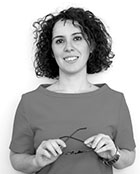
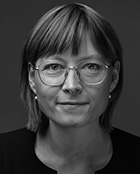

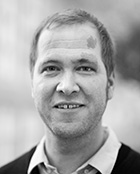



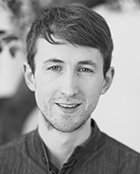
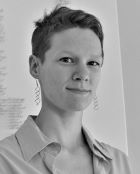
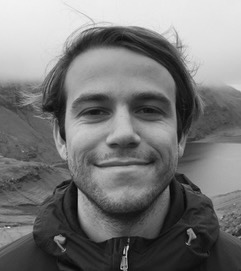
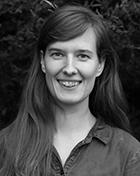

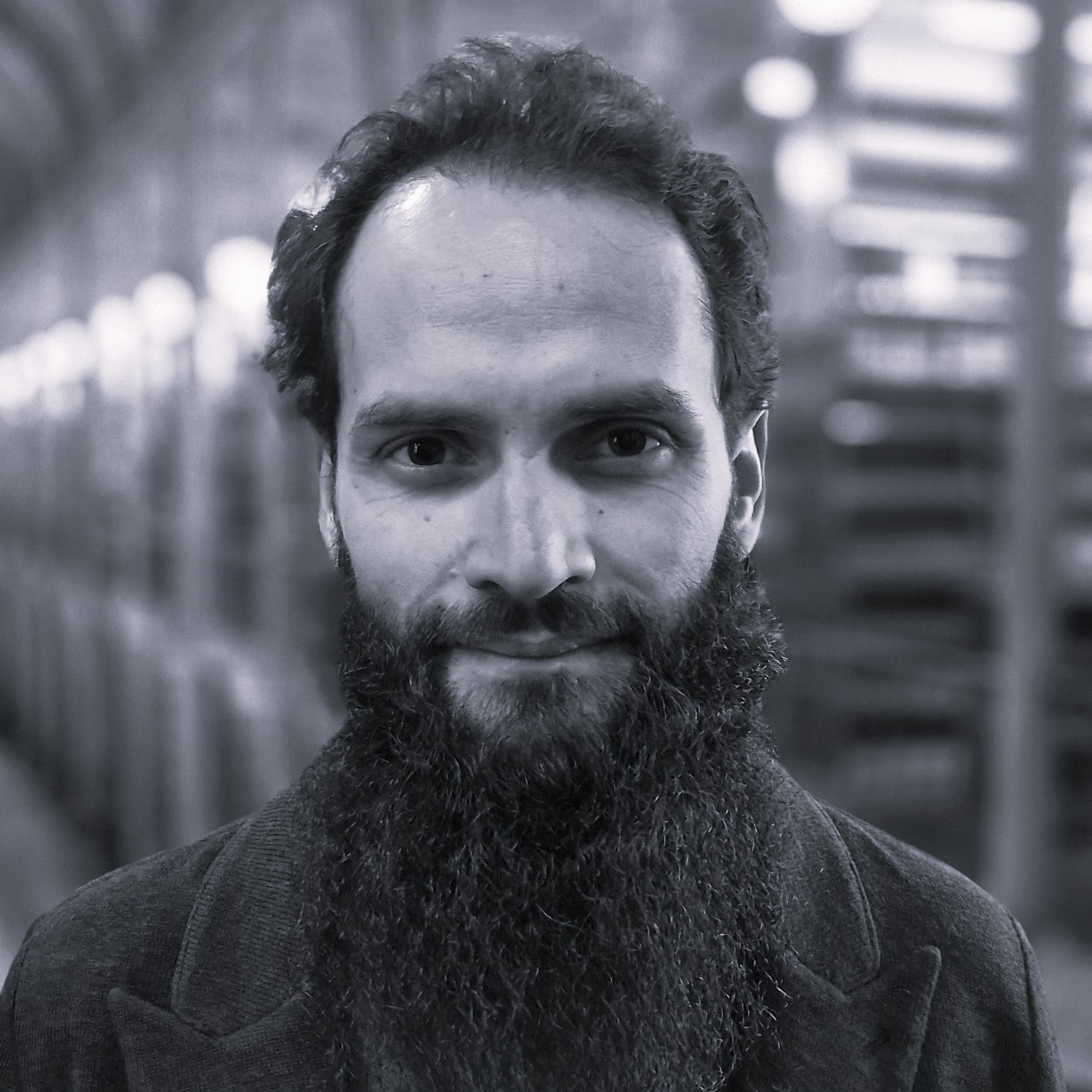
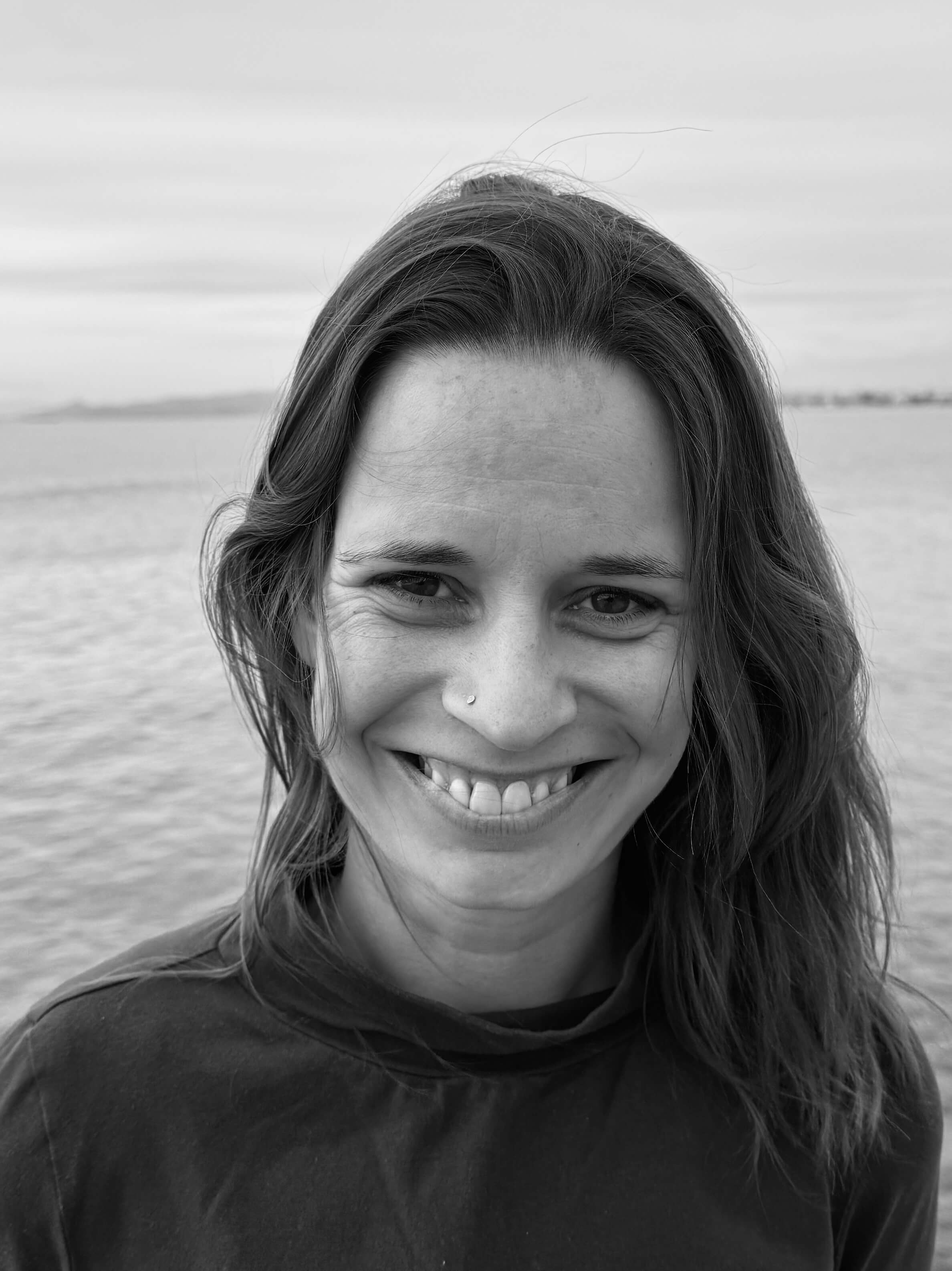
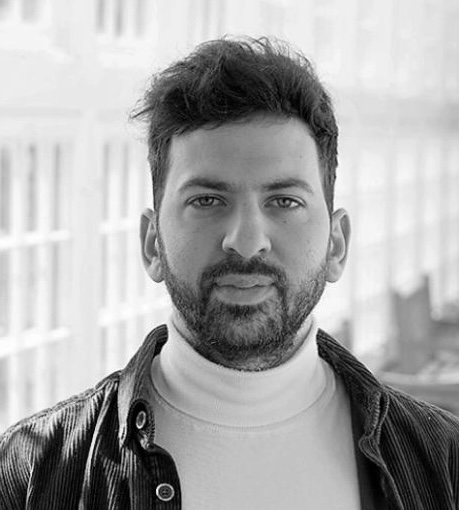
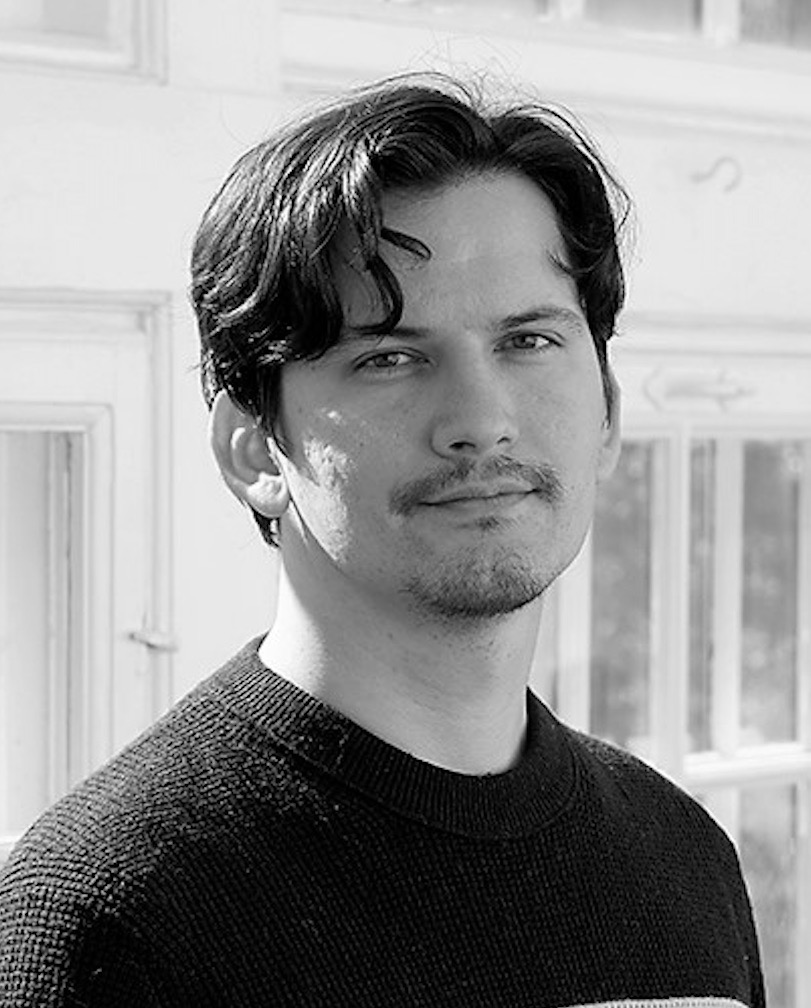
 Abbas K. Rizi is a Postdoctoral Researcher at DTU Compute, working on the Nation Scale Project. His work focuses on spreading patterns, diffusion processes, and epidemic interventions. He is particularly interested in understanding social behaviour to predict life outcomes and bridging the theory and practice gap. He began his career in physics but ended up earning a Doctor of Science (D.Sc.) degree from Aalto University's Computer Science Department. Alongside his research, Abbas actively contributes to public science communication as a science writer and serves as the editor-in-chief of sitpor.org (FA).
Abbas K. Rizi is a Postdoctoral Researcher at DTU Compute, working on the Nation Scale Project. His work focuses on spreading patterns, diffusion processes, and epidemic interventions. He is particularly interested in understanding social behaviour to predict life outcomes and bridging the theory and practice gap. He began his career in physics but ended up earning a Doctor of Science (D.Sc.) degree from Aalto University's Computer Science Department. Alongside his research, Abbas actively contributes to public science communication as a science writer and serves as the editor-in-chief of sitpor.org (FA).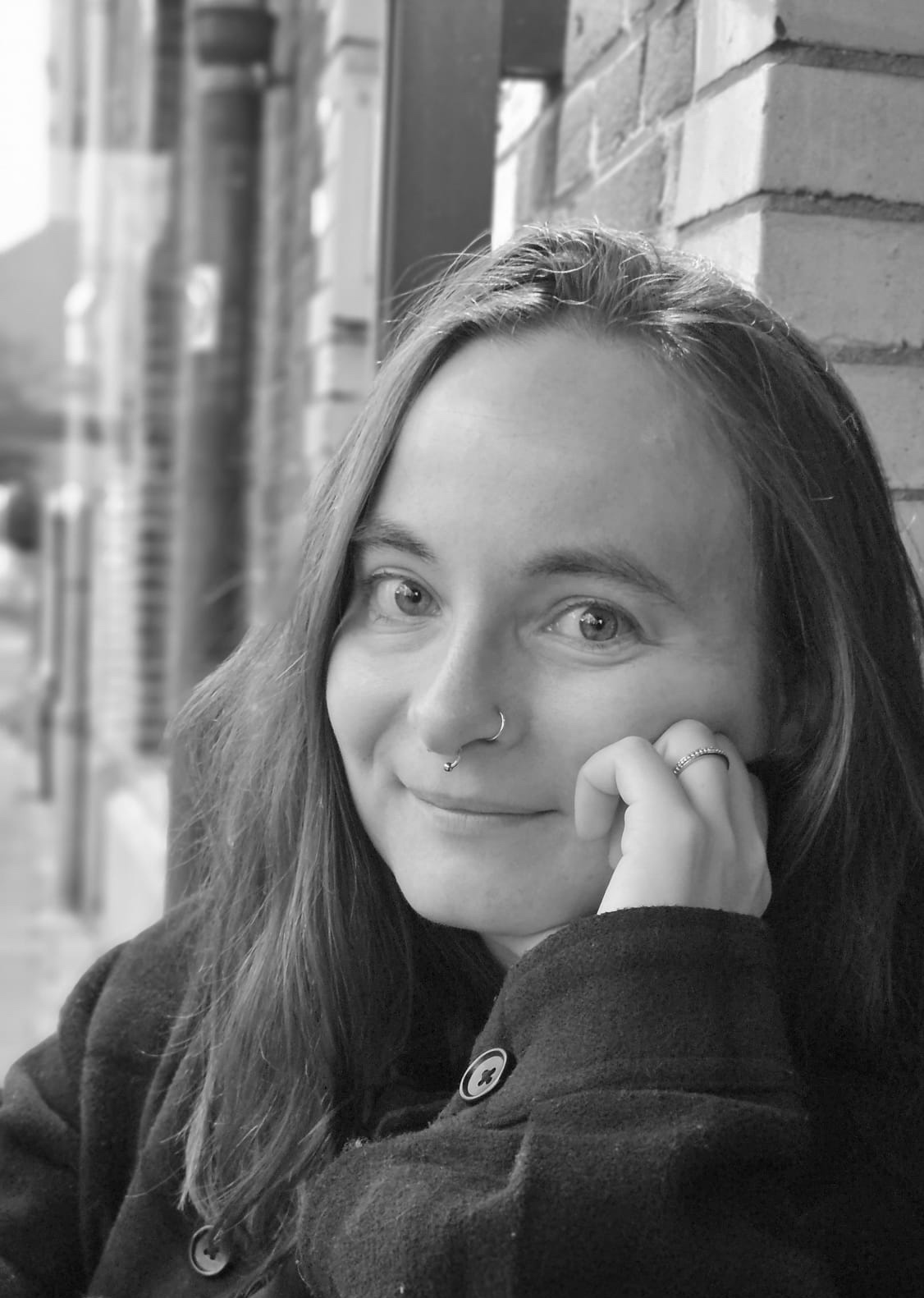
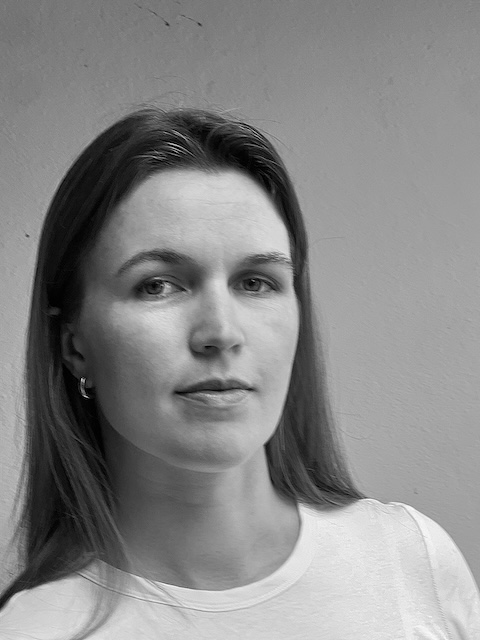

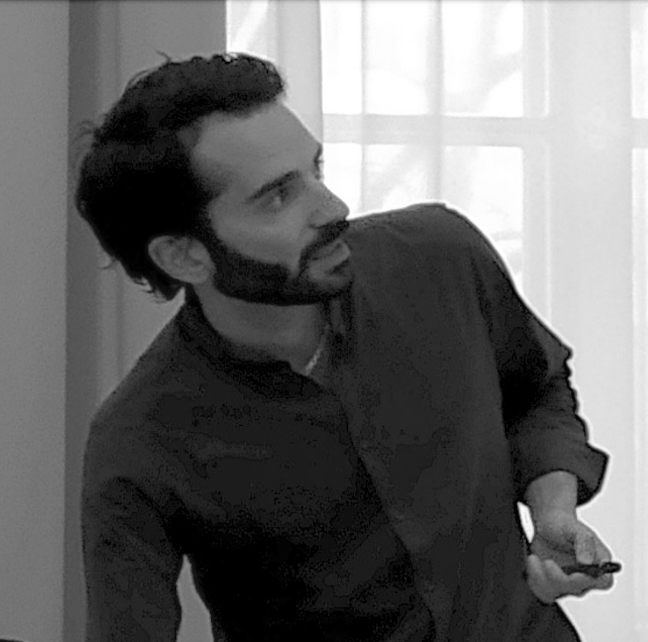

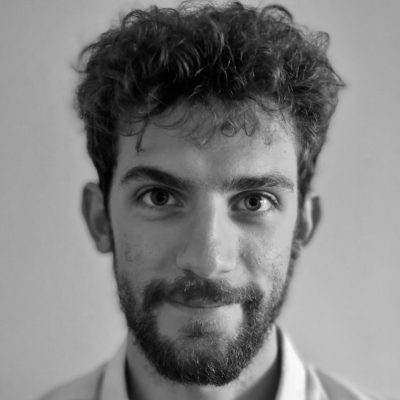
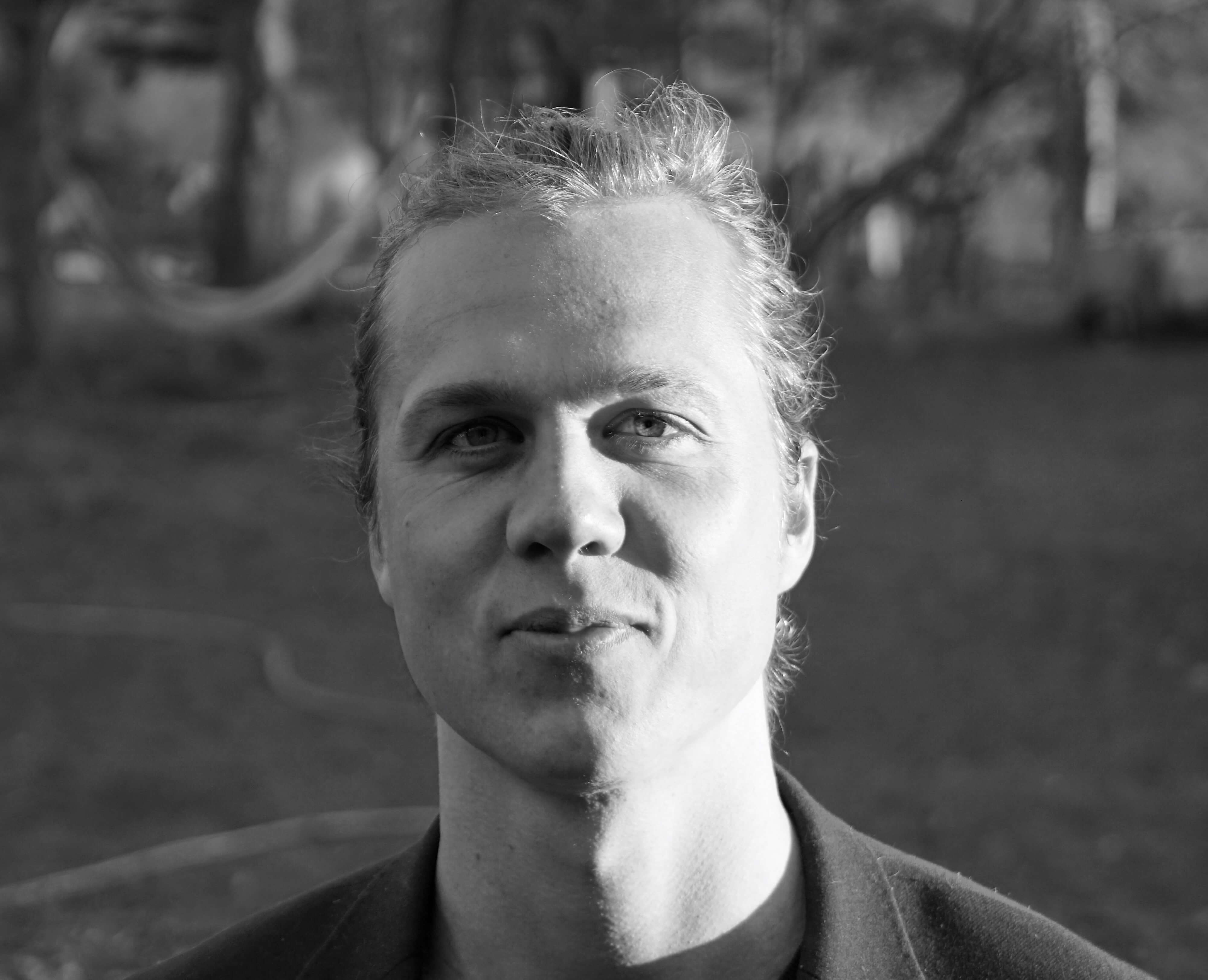
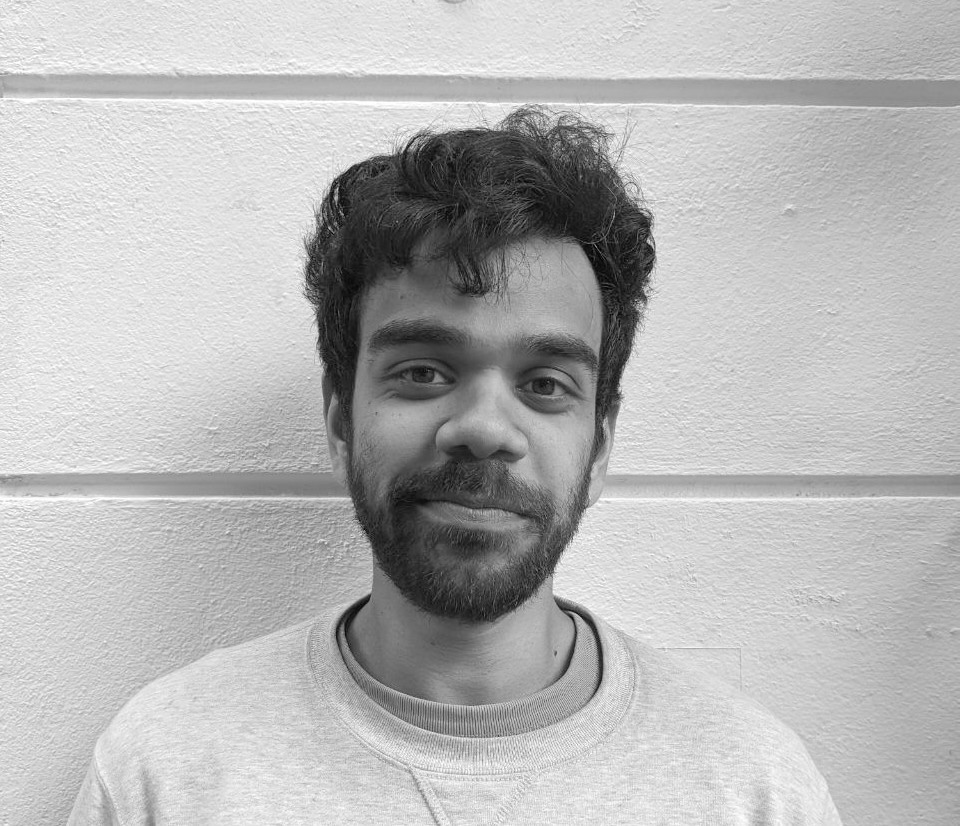
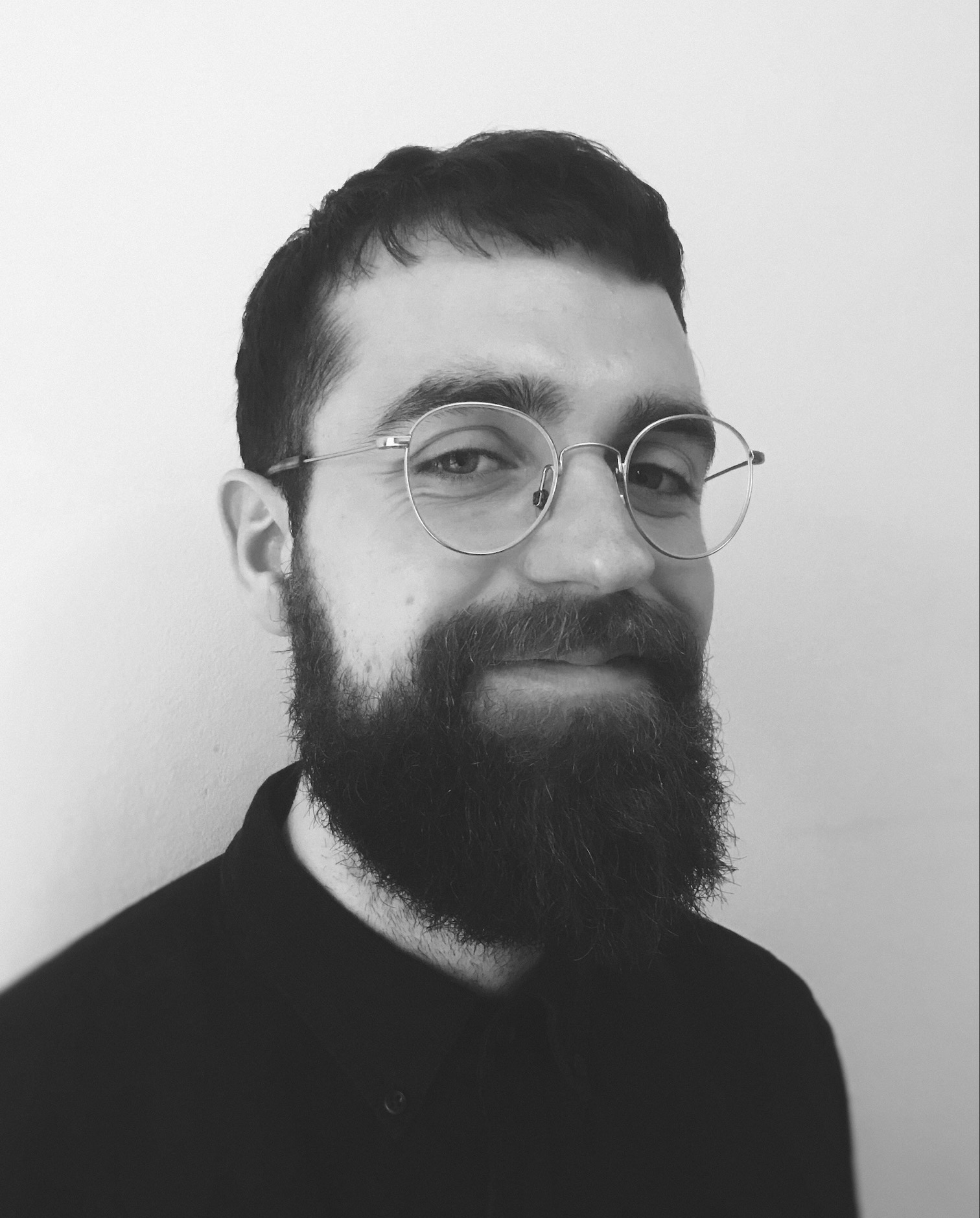 Daniel Juhász Vigild is a PhD student as SODAS and ROCKWOOL Foundation Research Unit. He holds a Msc. in Business Analytics from DTU.
His research examines the digitalisation of the public sector, with a focus on quantifying the productivity enhancements and potential social costs of implementing digital initiatives.
He is currently examining the effect of implementing POL-INTEL, an intelligence-led policing tool implemented in Denmark in 2018.
Daniel Juhász Vigild is a PhD student as SODAS and ROCKWOOL Foundation Research Unit. He holds a Msc. in Business Analytics from DTU.
His research examines the digitalisation of the public sector, with a focus on quantifying the productivity enhancements and potential social costs of implementing digital initiatives.
He is currently examining the effect of implementing POL-INTEL, an intelligence-led policing tool implemented in Denmark in 2018.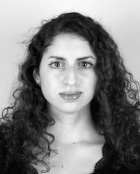
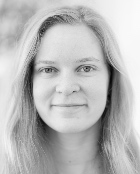
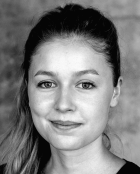
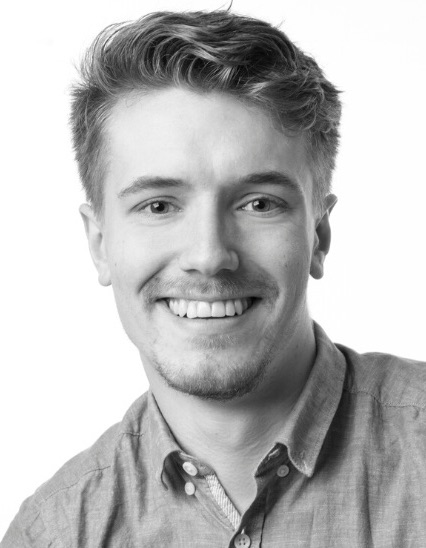 Vincent Holler Gadegaard is a PhD student at SODAS. He holds a MSc in Sociology from the University of Copenhagen. In his research, he is concerned with gender differences in political deliberative participation on social media, with the aim to develop new methodologies to researching interaction and gender in political deliberation on social media.
Vincent Holler Gadegaard is a PhD student at SODAS. He holds a MSc in Sociology from the University of Copenhagen. In his research, he is concerned with gender differences in political deliberative participation on social media, with the aim to develop new methodologies to researching interaction and gender in political deliberation on social media.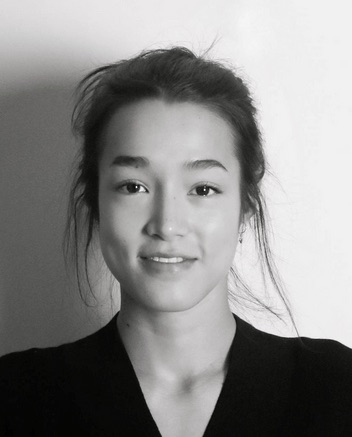
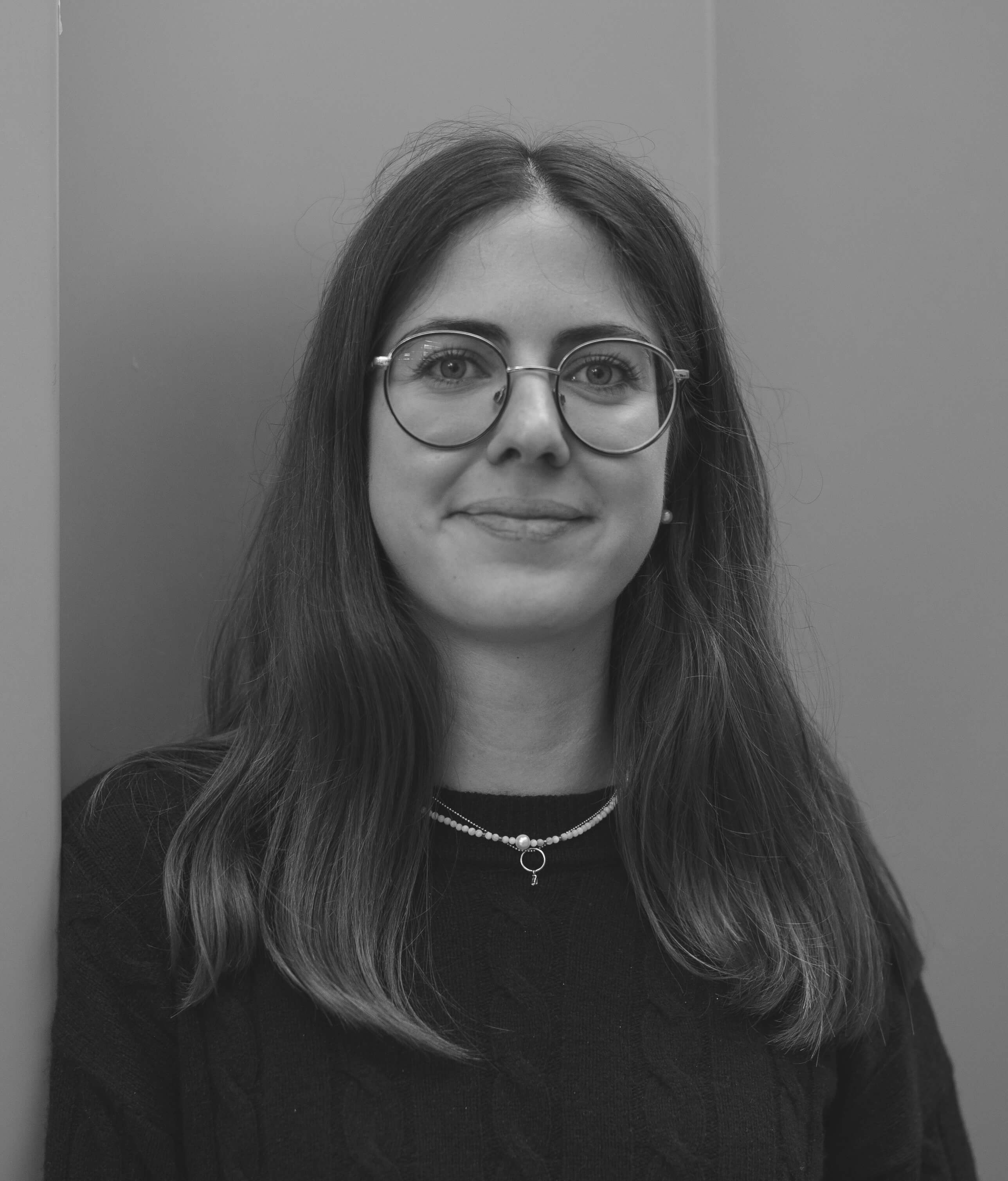
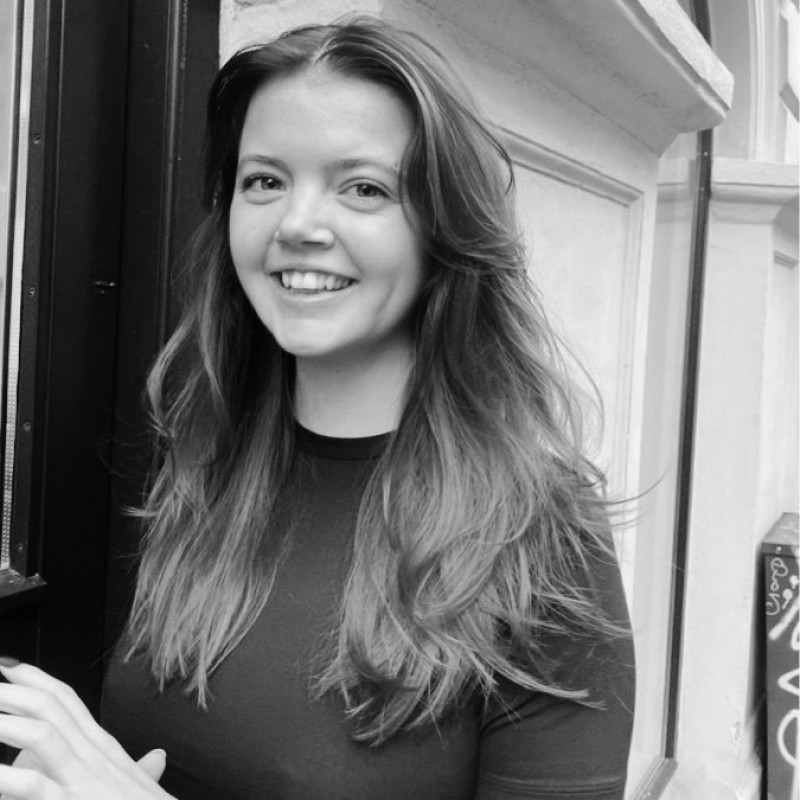
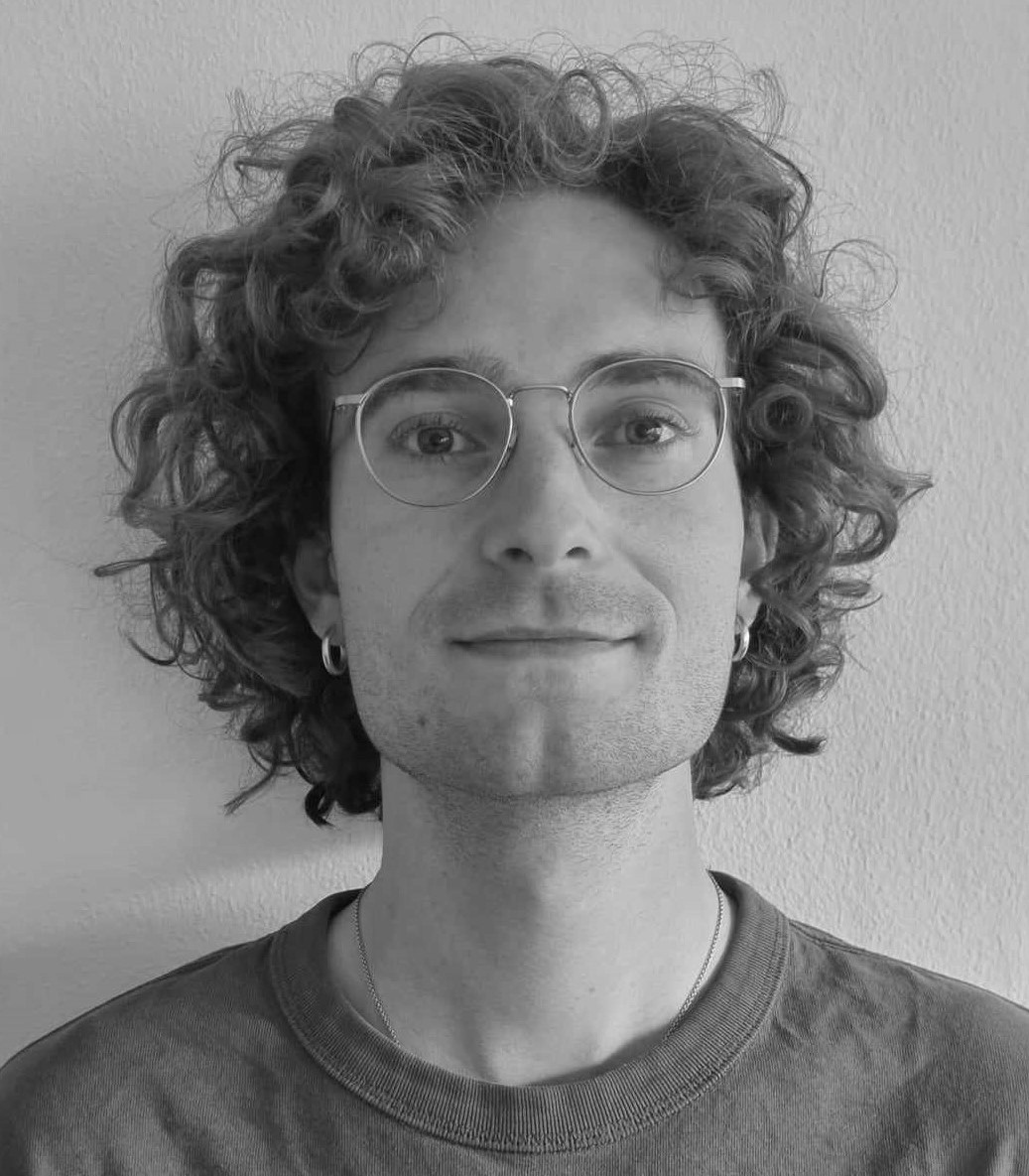
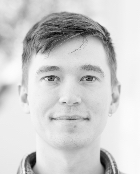
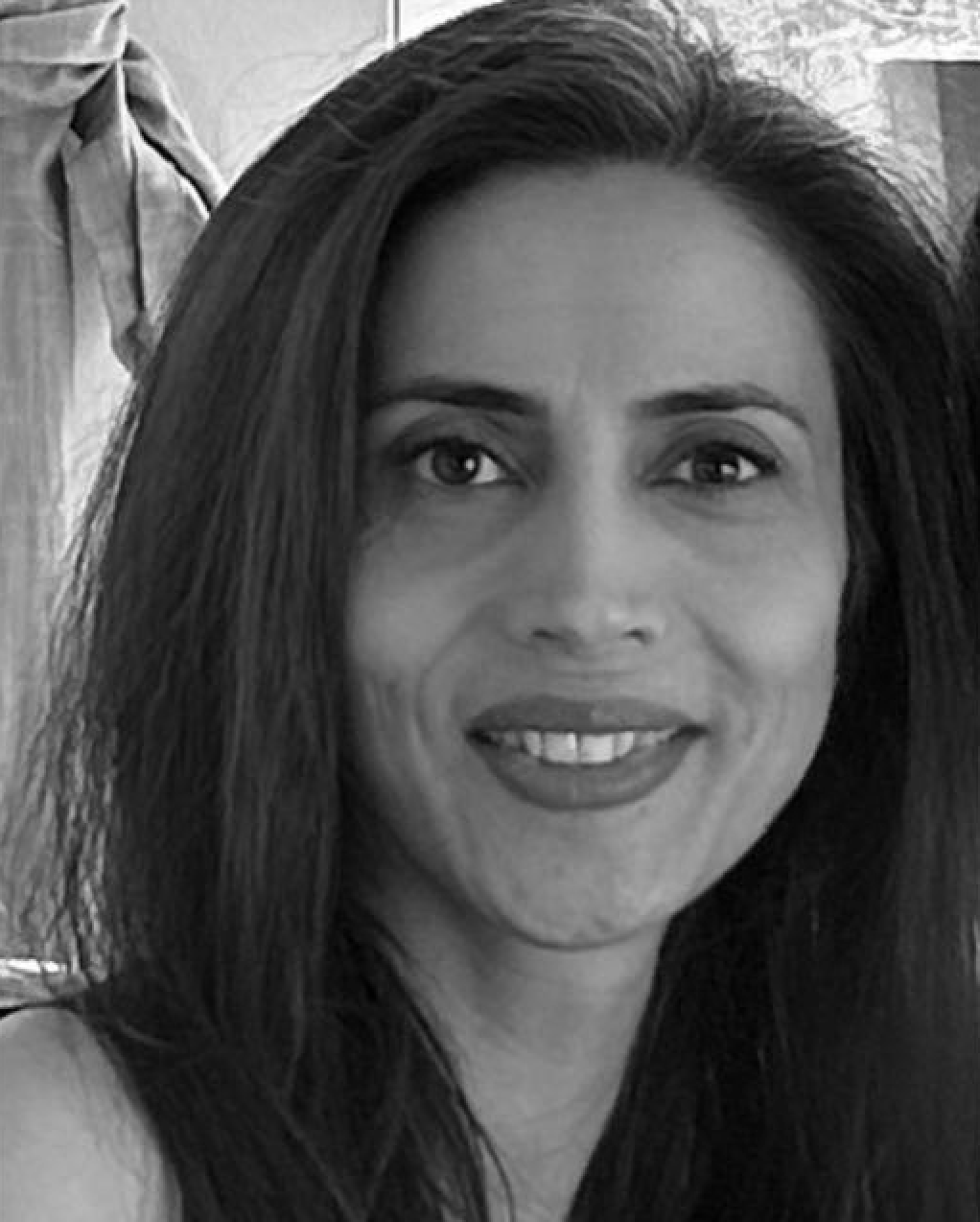



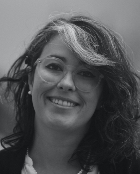
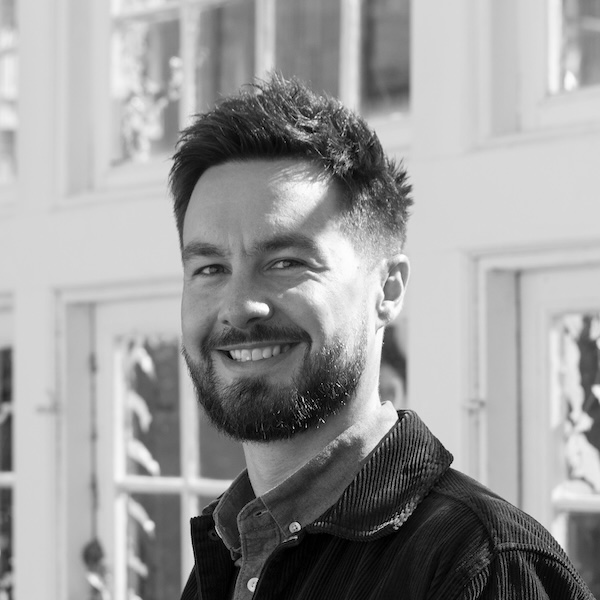

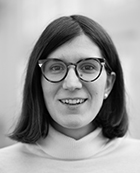
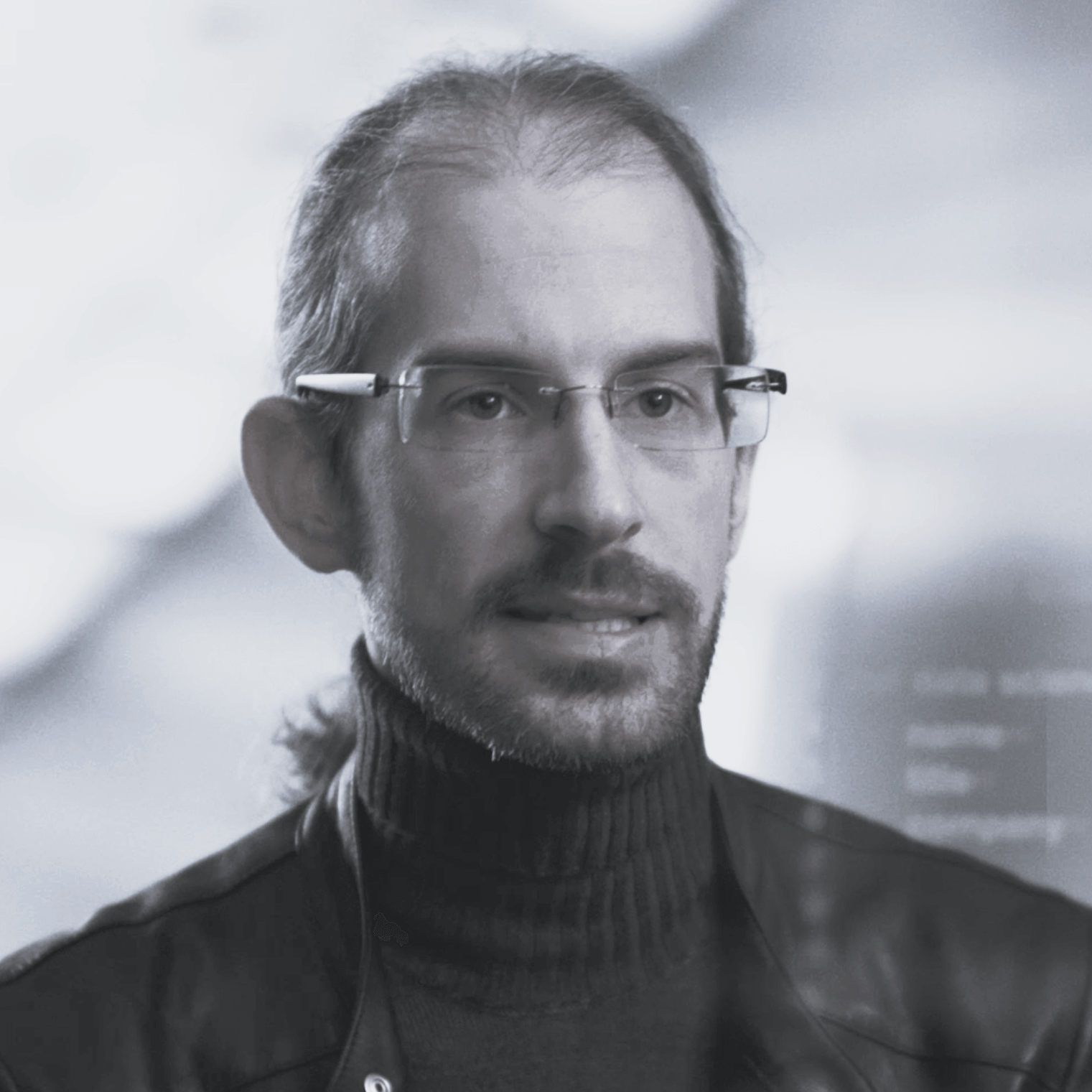
 Nikolaj Harmon is Associate Professor of Economics at the University of Copenhagen. He studies a wide range of labour market topics, including job search, gender inequality and selection into politics and public service. His research combines novel data sources with state-of-the art causal inference methods and machine learning.
Nikolaj Harmon is Associate Professor of Economics at the University of Copenhagen. He studies a wide range of labour market topics, including job search, gender inequality and selection into politics and public service. His research combines novel data sources with state-of-the art causal inference methods and machine learning.